Companies and Brands
The Typical American Can't Name the Companies Behind These Popular Brands

Published:

You could fit all the owners of everything you’ve ever eaten, watched, listened to, or otherwise interacted with in one room. A handful of the richest men in the history of the planet control and own almost every single brand you have ever heard of or owned. So, which of the global corporations own the common, everyday brands you consume on a regular basis? We found a few of the most common products along with their corporate overlords.
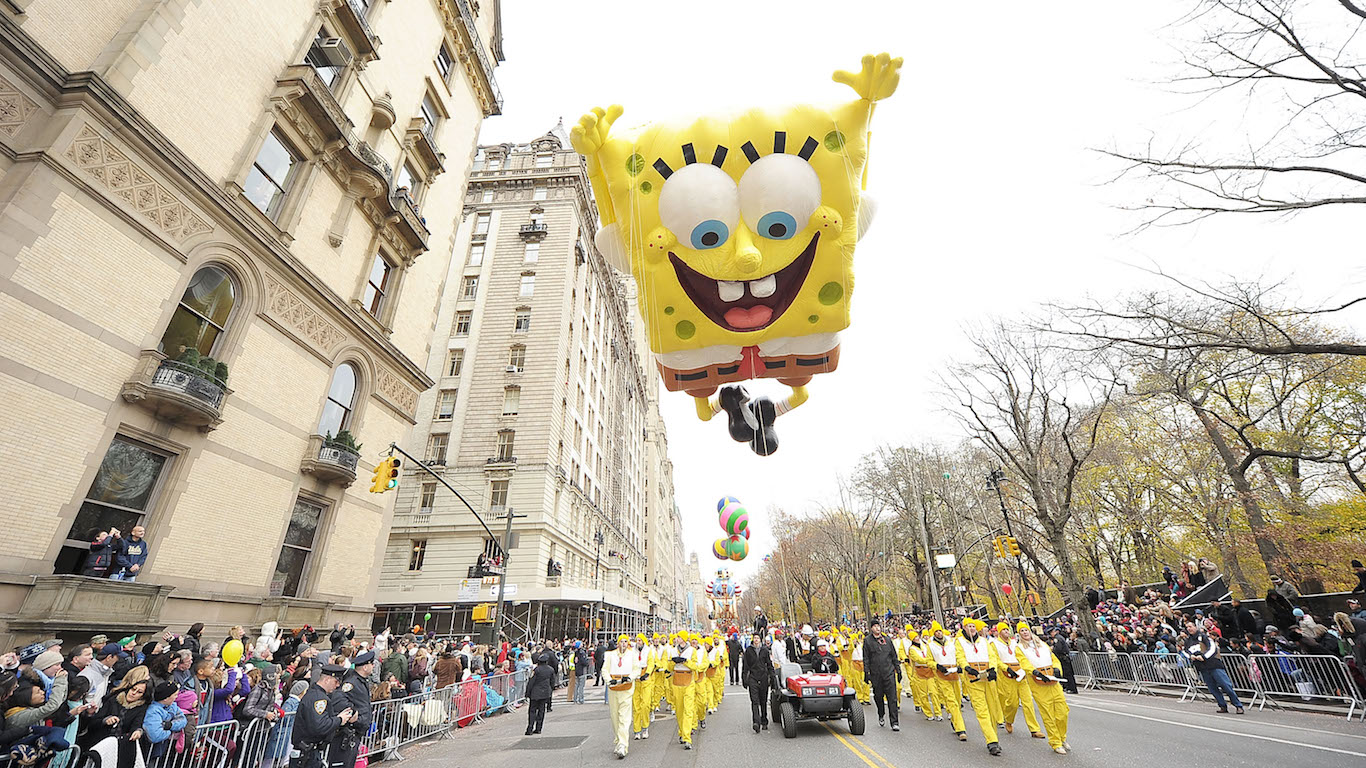
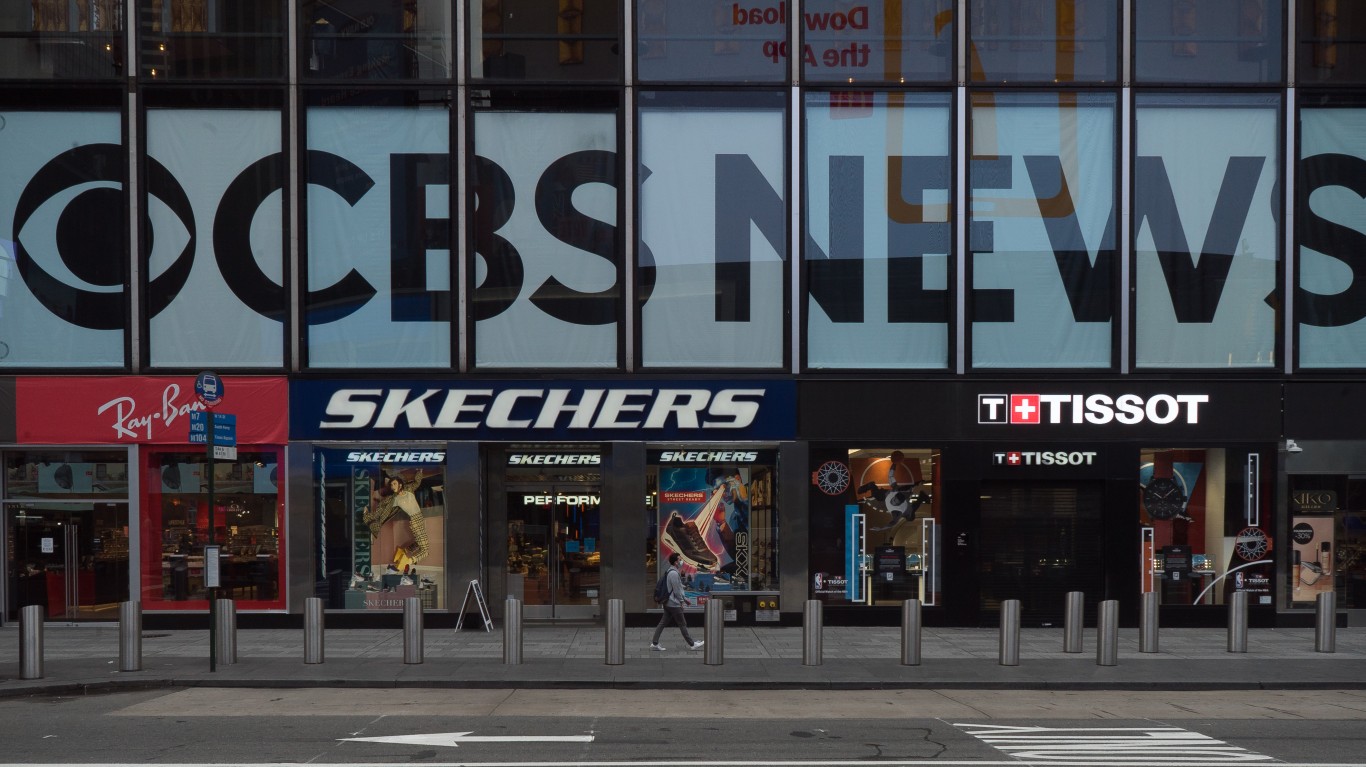
National Amusements is just a movie theater operating company with 71 theaters in North and South America. It also just so happens to be the controlling shareholder of Paramount Global, which was formed from the merger of Viacom and the CBS corporation. There are currently talks for Skydance to acquire National Amusements and create a new company: New Paramount.
National Amusements continues to be owned privately by the Redstone family, descendants of the founder Michael Redstone.
Other brands owned by National Amusements includes: CBS, BET, MTV, Paramount, Showtime, The CW, Spike, Vh1, Metacritic, cnet, Viacom, and much more.
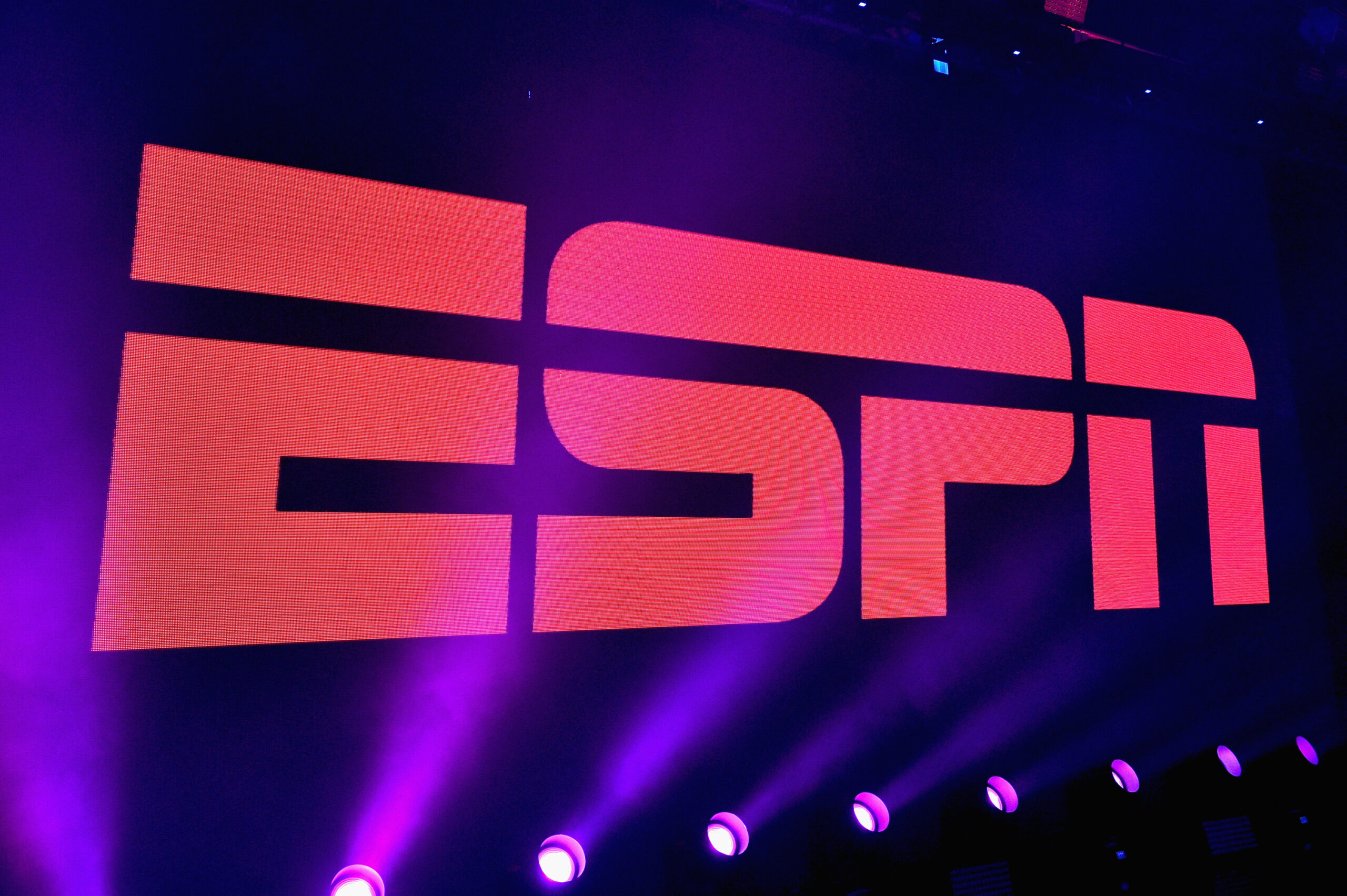
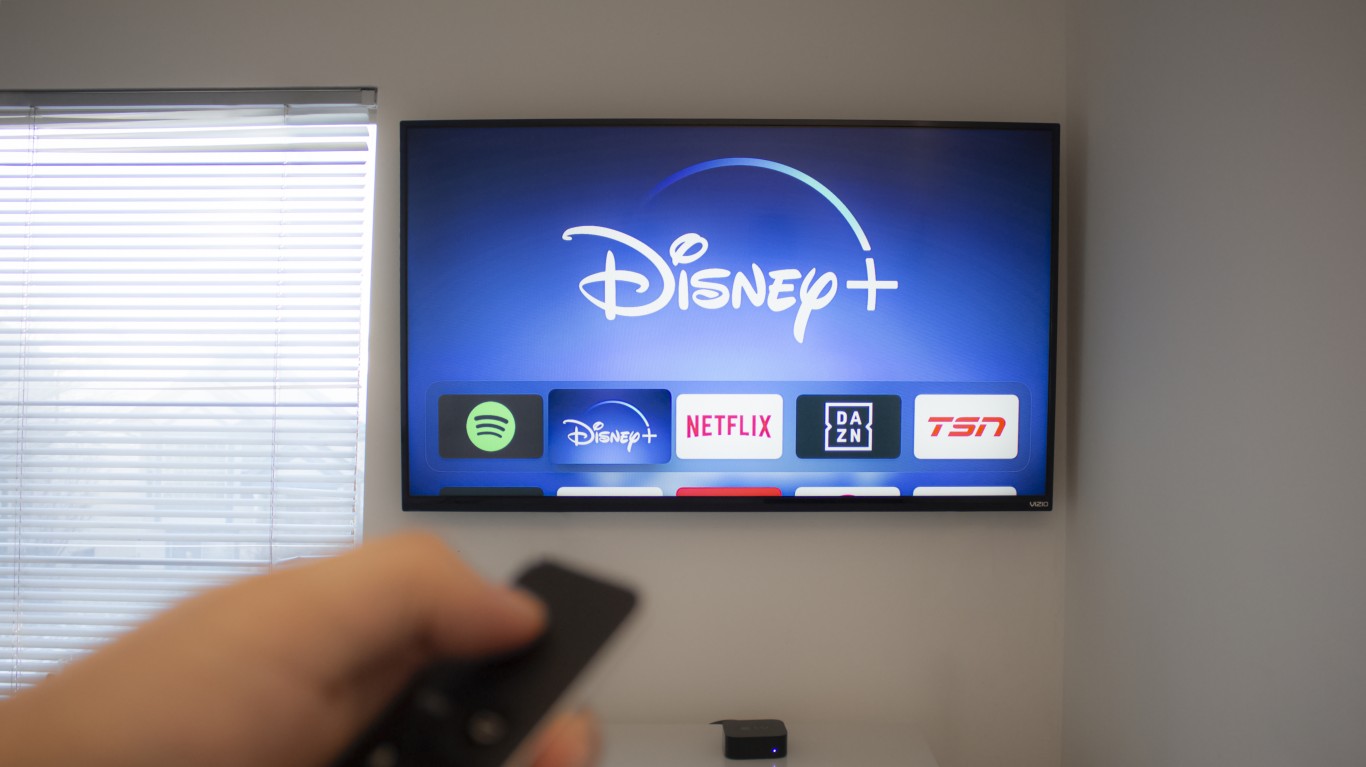
Disney is probably the most recognizable on this list and the first to come to mind when it comes to ownership of common brands, as its recent acquisitions have made waves in entertainment and Western culture. Most of the biggest and most successful movies in our lifetimes have been made by Disney or one of its subsidiaries. If it has anything to do with children’s entertainment, superheroes, nerd culture, animation, or new media, Disney has had some significant sway and influence in it.
Other common brands owned by Disney include A&E, ABC (along with all associated channels and local news organizations), the History Channel, Marvel, Lucasarts, Vice, Lifetime, and many more.
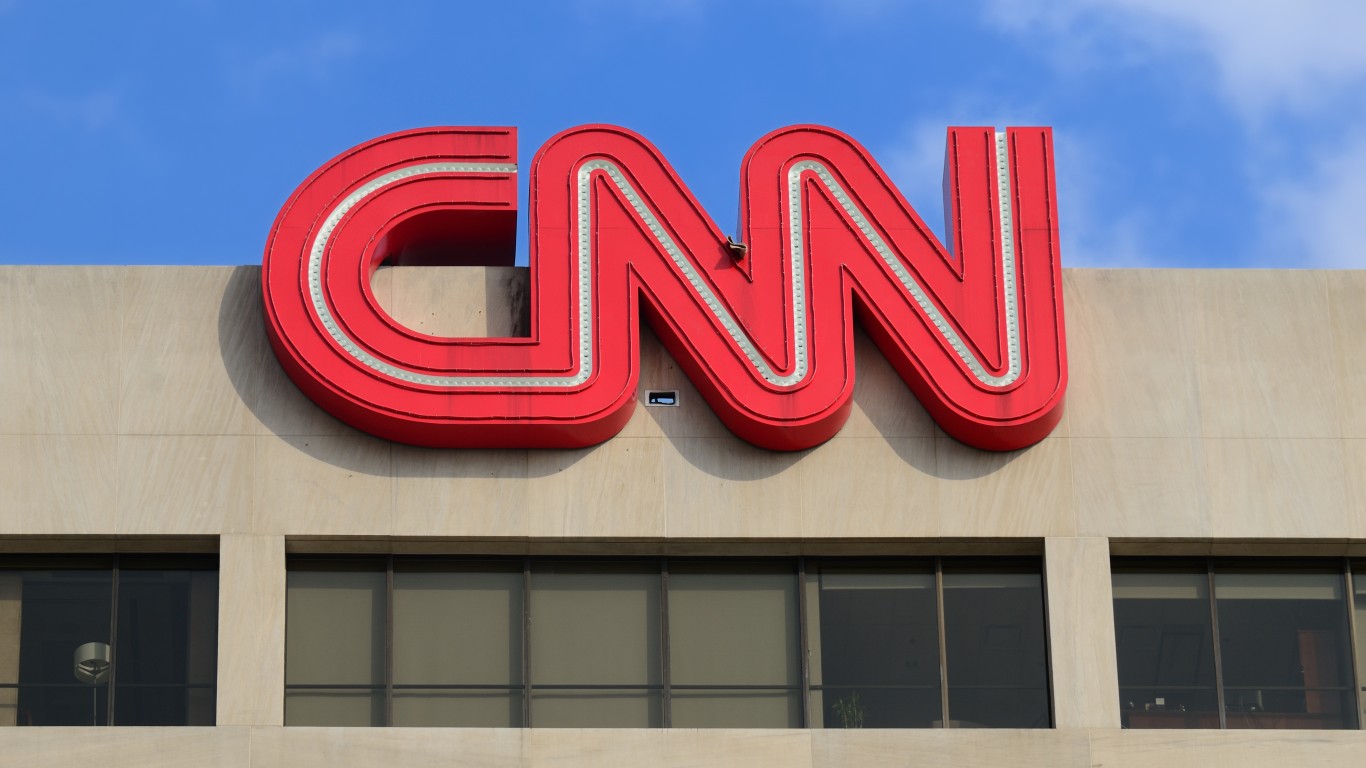
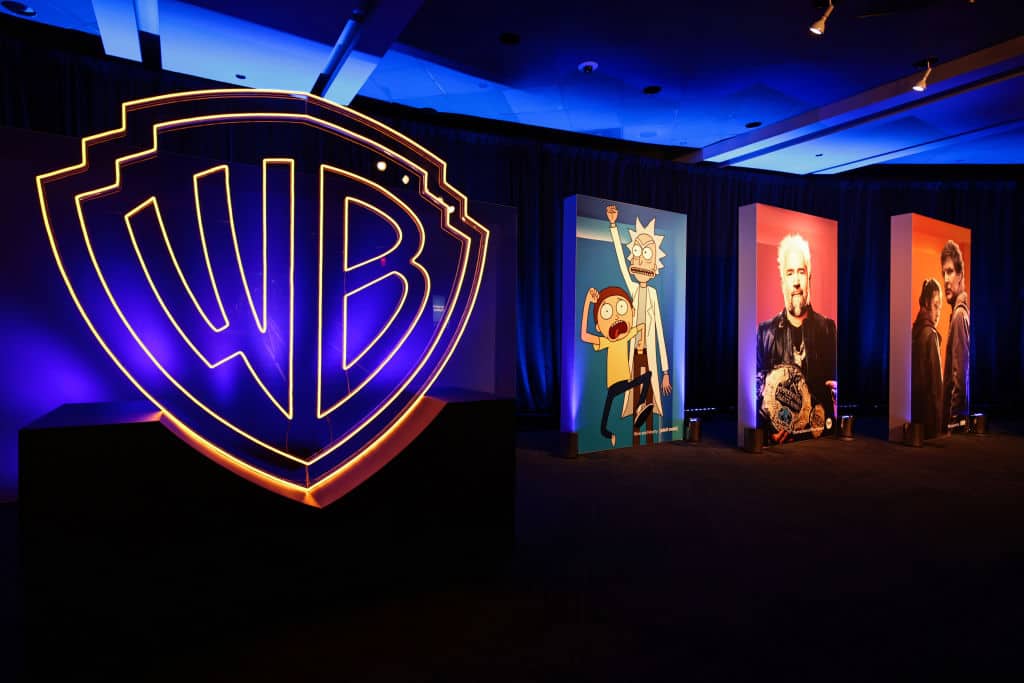
Warner Bros. Discovery is a relatively new member of the list (if only by name) being formed in 2022 after AT&T sold WarnerMedia which merged with Discovery Inc.
Advance Publications is the majority shareholder of Warner Bros. Discovery, with 8% ownership. Advance Publications is one of the many privately-owned media corporate conglomerates in the United States (owned by the Newhouse family) and also owns Vogue, The New Yorker, Wired, Reddit, and many more.
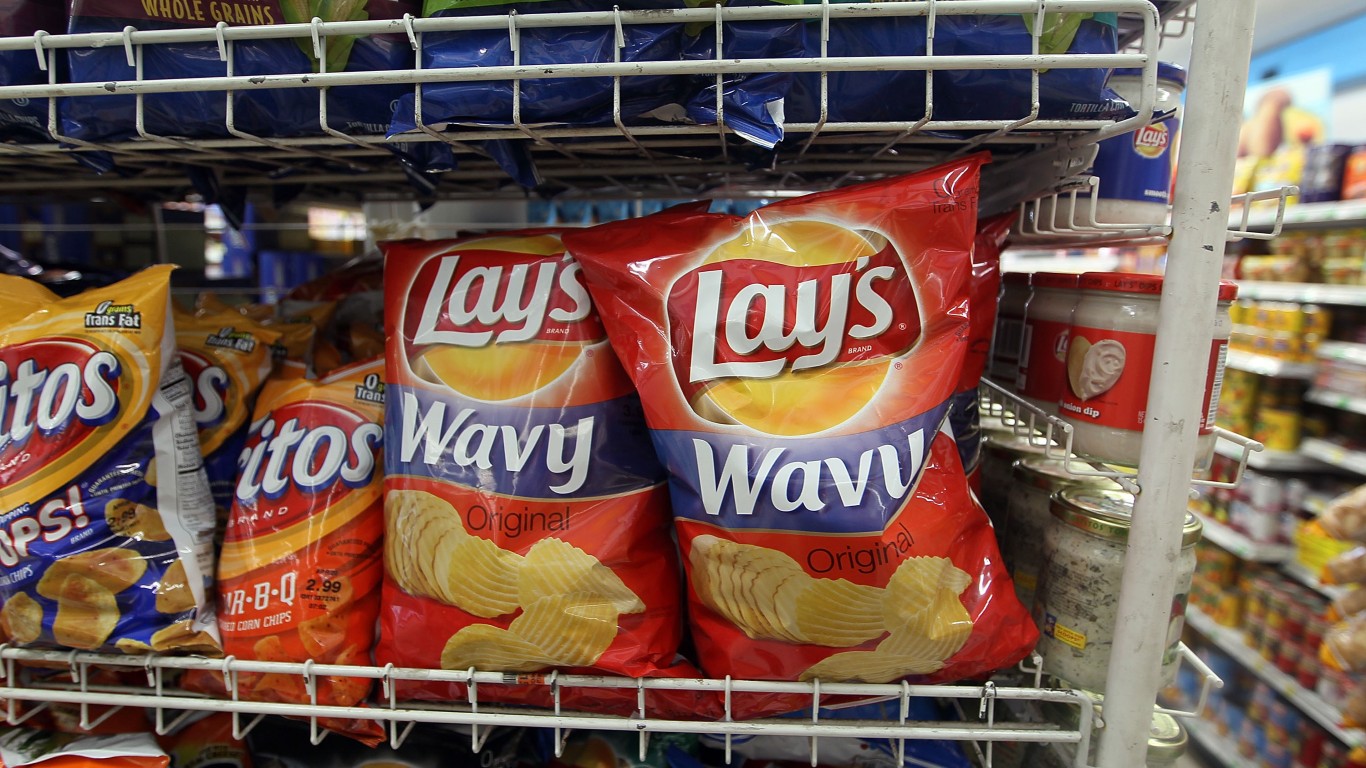
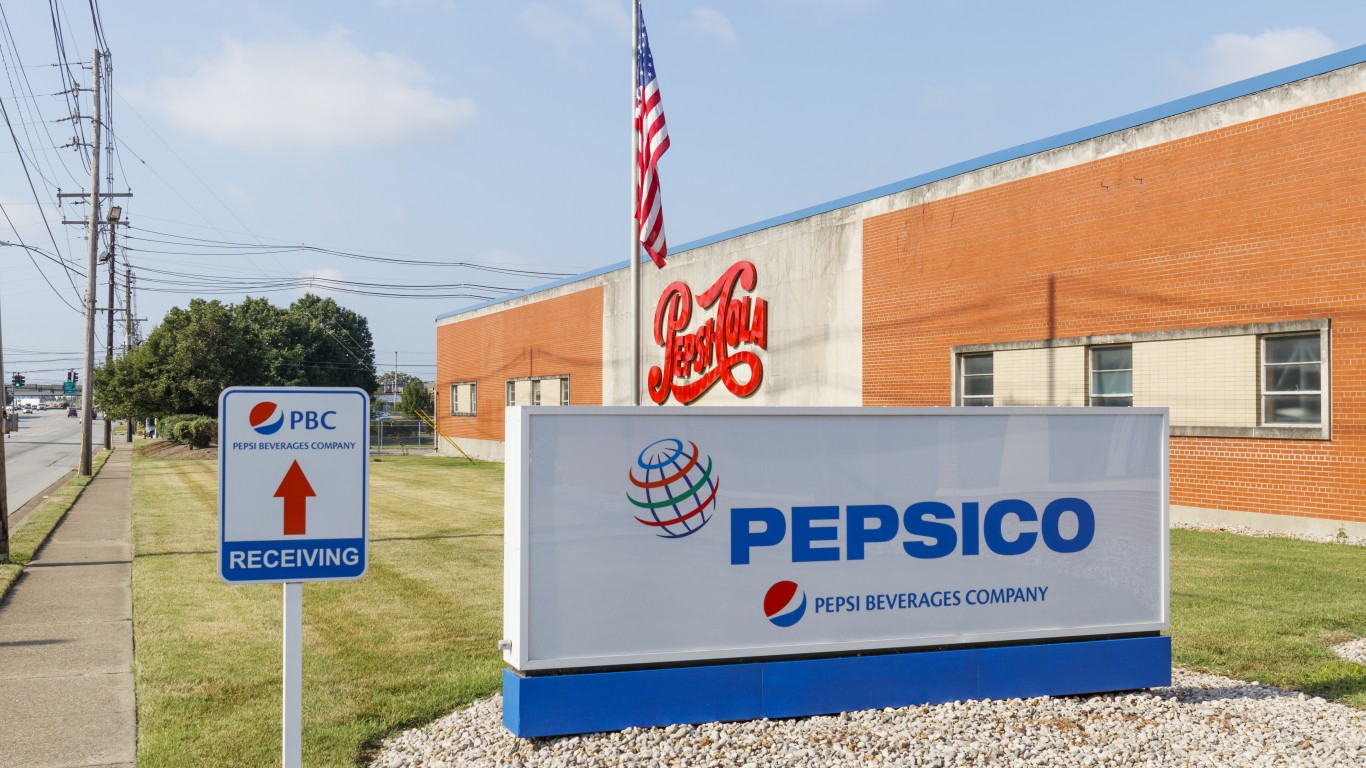
PepsiCo spent more than $1.7 million fighting California legislation that would require companies to disclose any genetically modified ingredients in their products. Its bottled water products have also been blamed for causing water shortages where PepsiCo sources its water, and then profiting from the disasters by selling the water back to the people who live in the area.
Also, in recent news, PepsiCo sued a group of poor Indian farmers for growing a certain kind of potato that they say only PepsiCo is allowed to grow and use, demanding that each farmer pay $143,000 to the company for patent infringement.
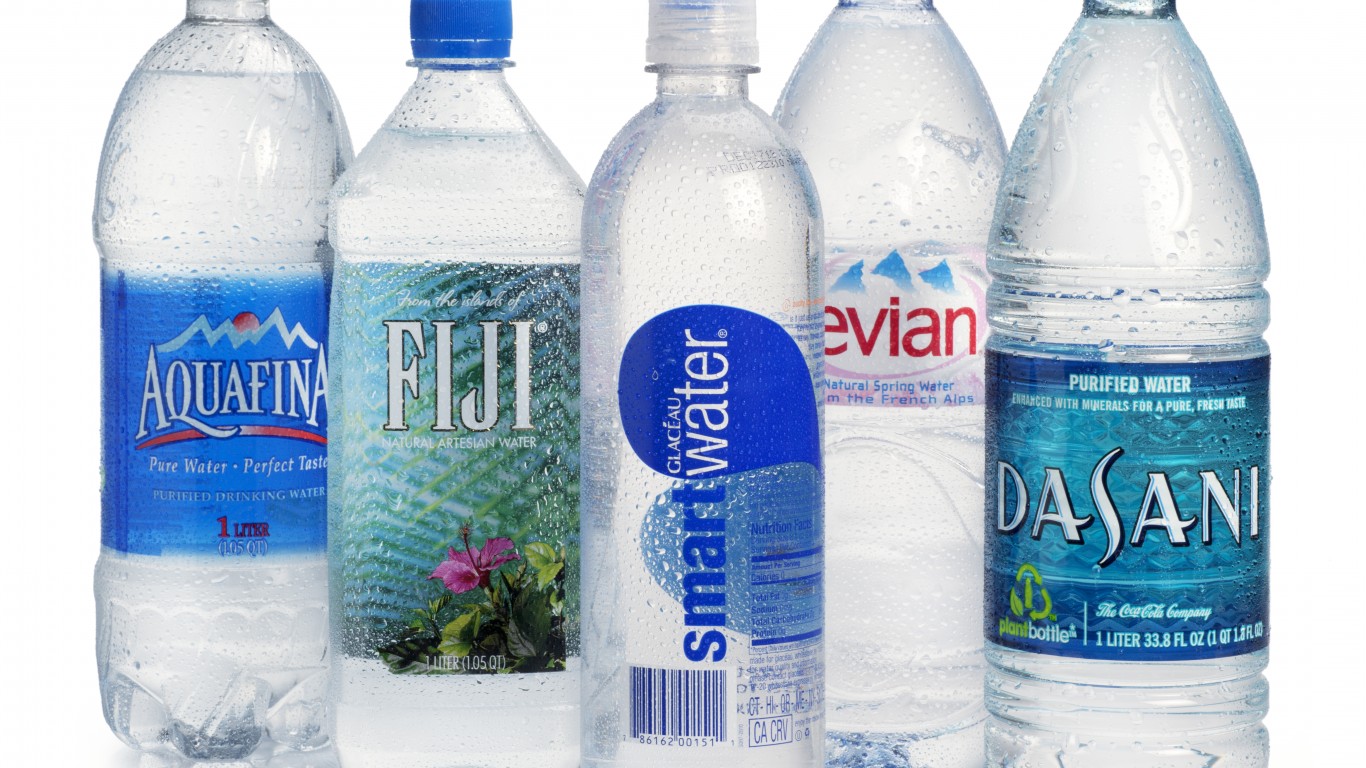
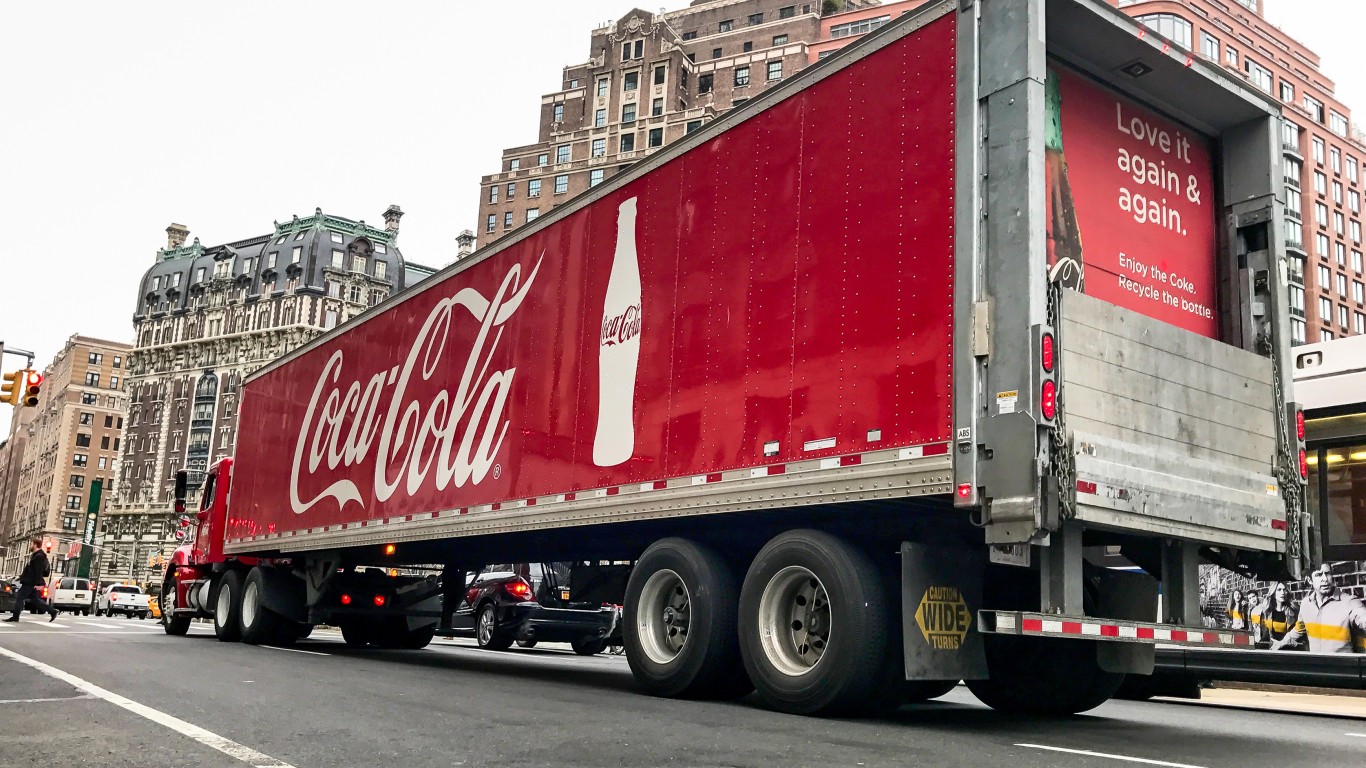
Coca-Cola has come under sustained criticism for its water products for depleting the water in the areas in which it operates, especially in India, where several communities have seen their water levels drop my up to ten meters immediately after Coca-Cola began operations.
It has also been called the “worst plastic polluter in the world” by IndiaTimes. Forbes also called the company the “world’s most polluting brand” and the company CEO even said that he has “no plans to reduce its use of plastic bottles” and continues to spend millions opposing legislation to regulate plastic bottles.
Other common household brands owned by Coca-Cola includes: Barqs, Fanta, Smartwater, Minute Maid, Sprite, Vitaminwater, Powerade, Gold Peak Tea, and more.
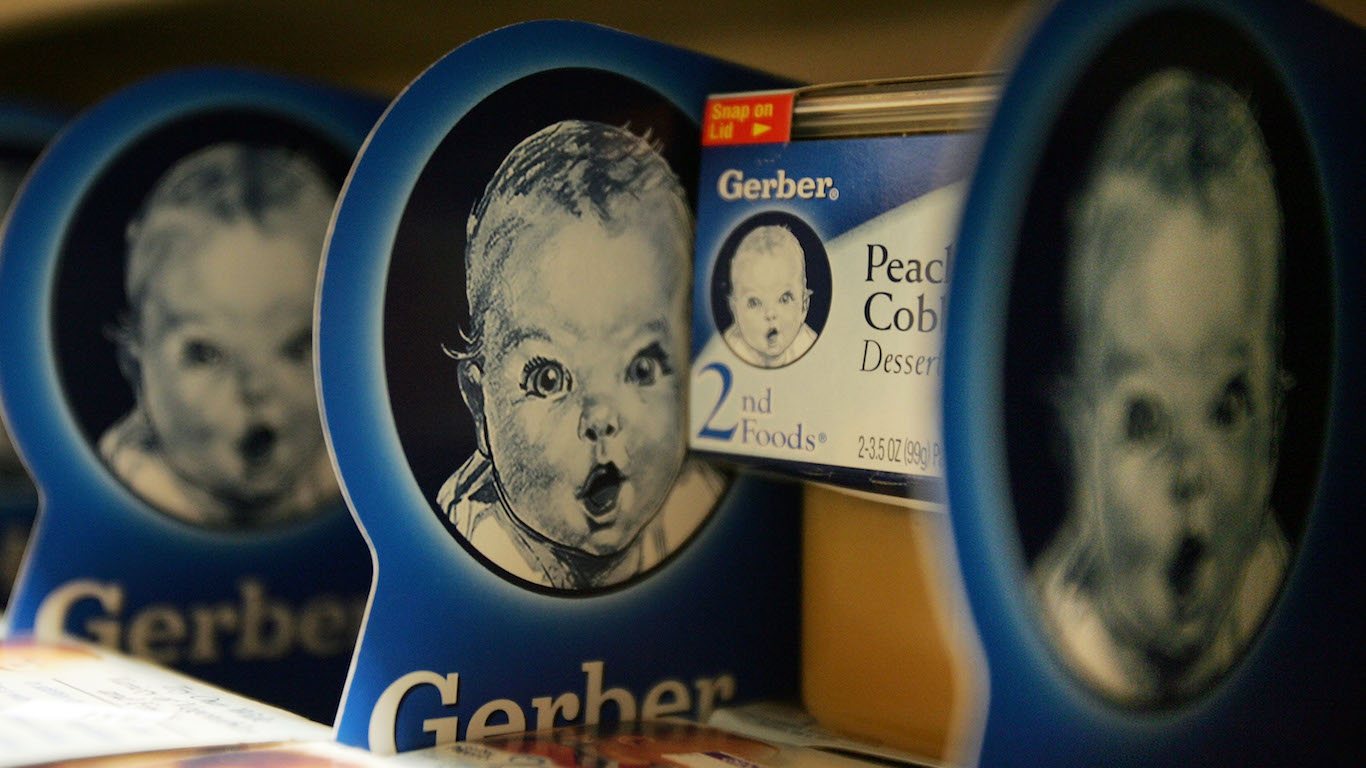
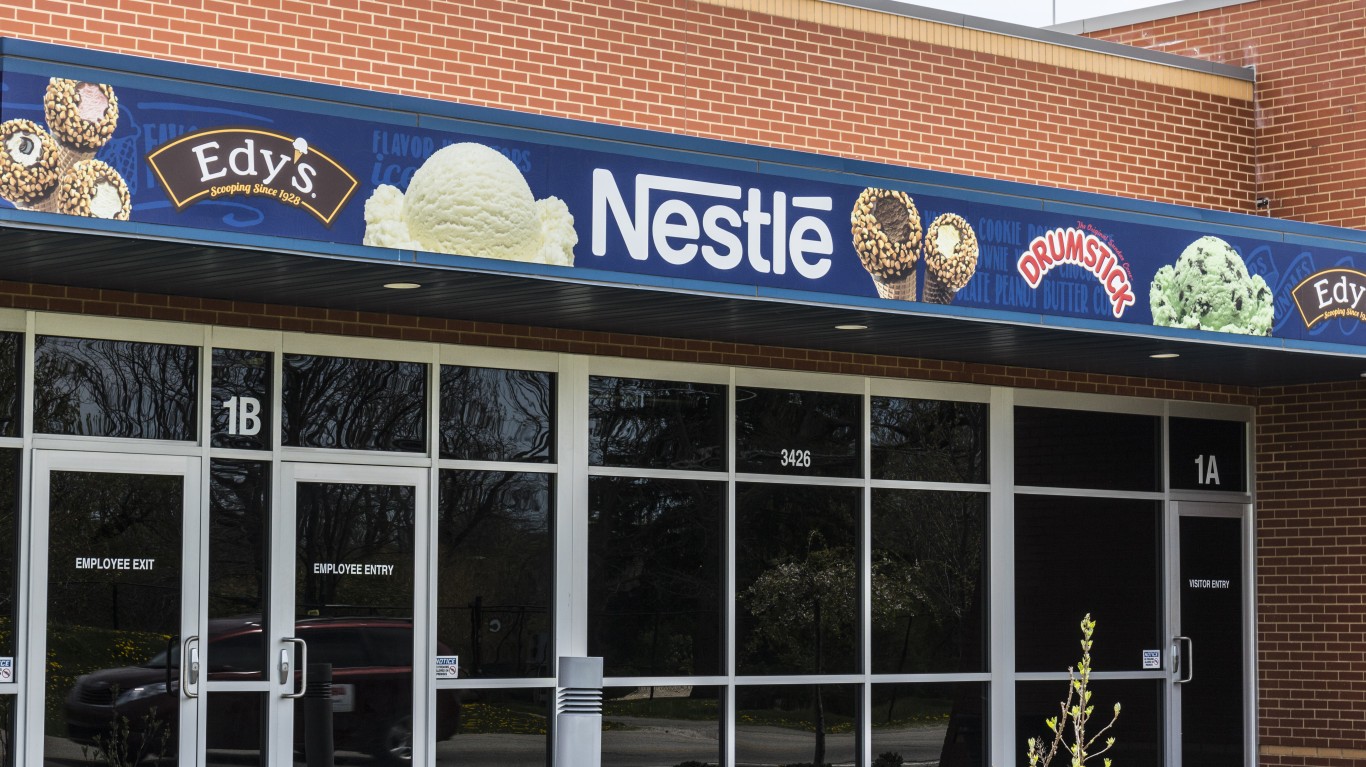
In recent years, Nestlé has become public enemy number one to many environmentalists, human rights activists, and thousands of communities around the world.
Nestlé has faced repeated complaints about its misleading and aggressive marketing when it comes to its baby products. It has discouraged mothers, especially young and new mothers, from breastfeeding and has suggested and funded research that said baby formula is healthier than breastfeeding.
Over 860 babies were hospitalized after deadly chemicals were found in Nestlé’s milk products for babies and six finally died from fatal kidney damage.
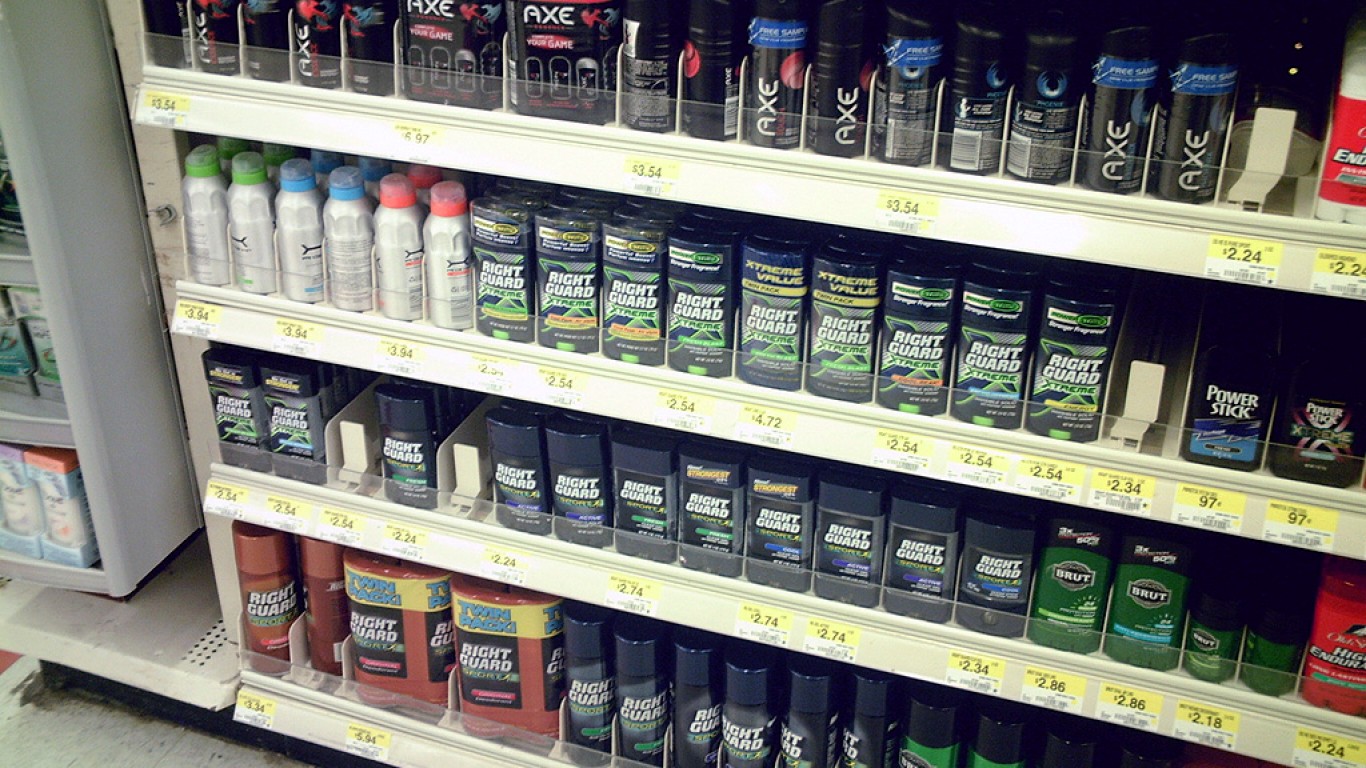
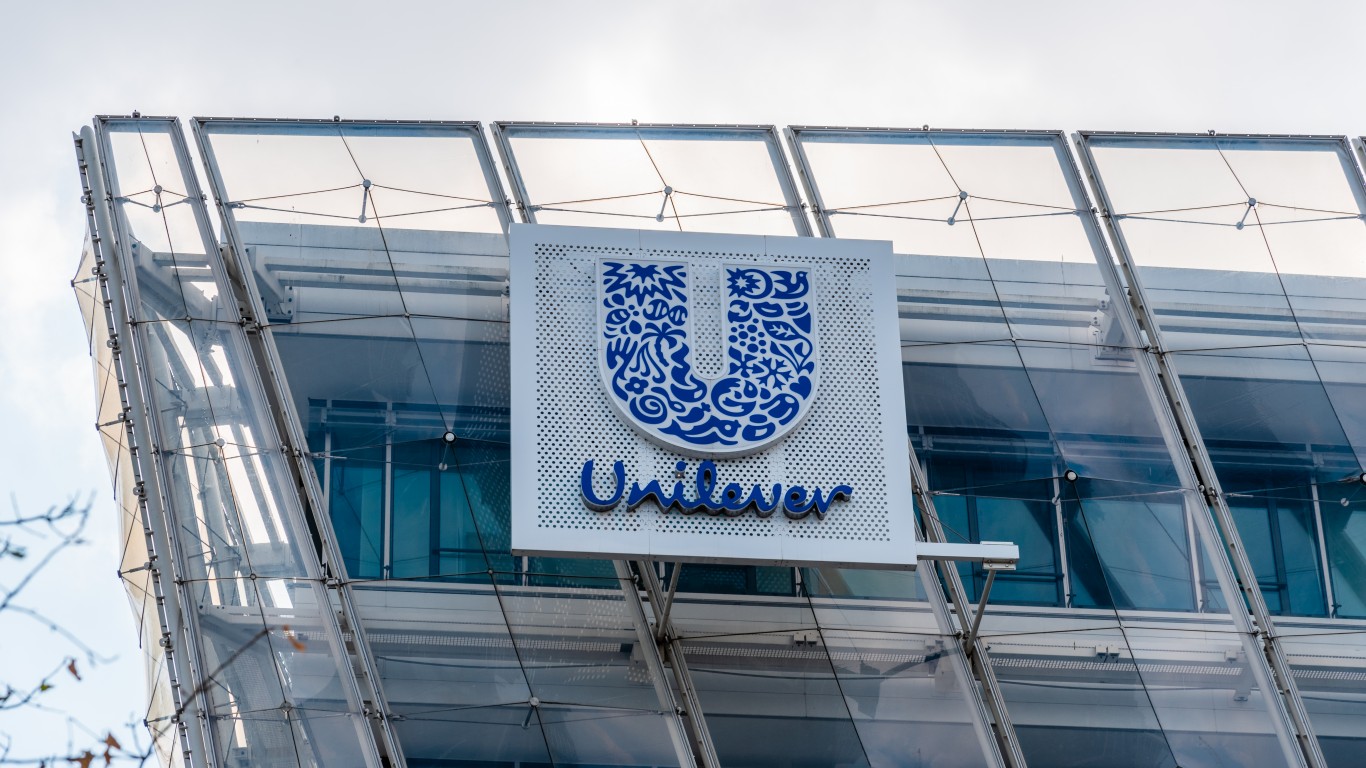
Unilever produces everything from baby food to coffee, and cleaning products to toothpaste, selling products in more than 190 nations. It is the largest soap producer in the world.
Unilever has been fined for price-fixing in Europe, it has tried to sue and intimidate smaller competitors out of local markets, it pressured Cosmopolitan to fire an editor who refused to promote its skin-whitening cream, it hired security forces that attacked Unilever employees with rubber bullets and paintballs who were legally striking in South Africa, and has continued operations in the occupied Palestinian territories during Israel’s genocide, and in Russia during its invasion of Ukraine.
Other common brands owned by Unilever include Dove, Ben&Jerry’s, Degree, Klondike, Vaseline, Liquid I.V., Magnum, Popsicle, and more.
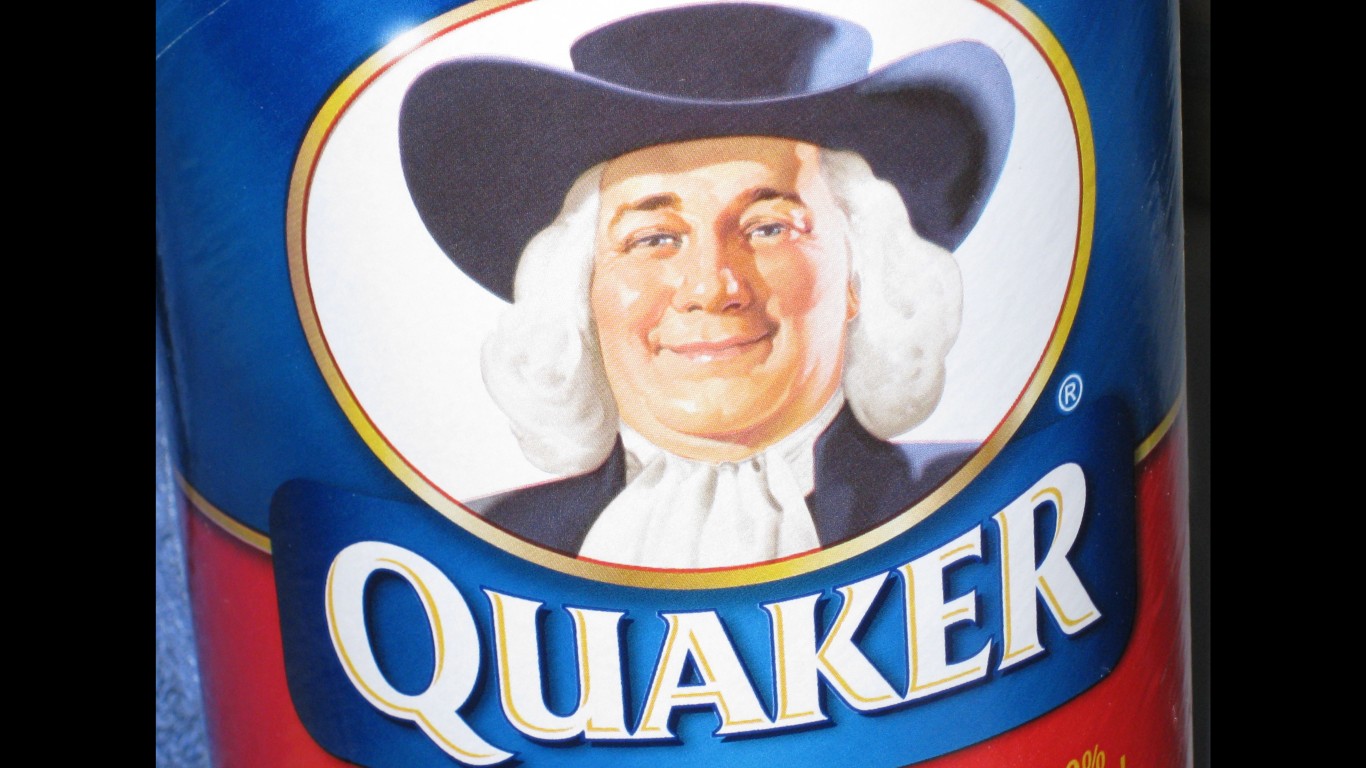
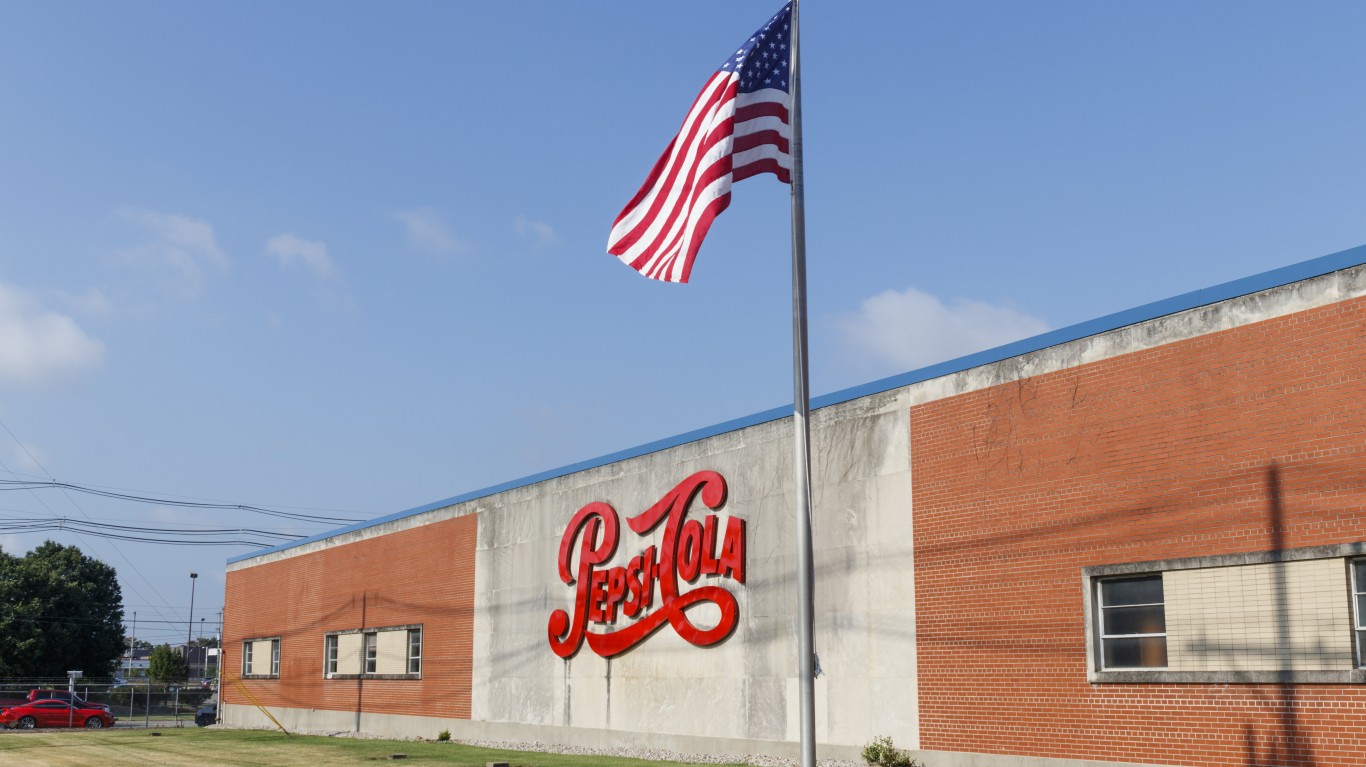
Quaker Oats faced lawsuits and complaint by continuing to market its products as “wholesome”, “heart healthy”, and other health-focused words even though it knew they contained trans fat and other unhealthy ingredients that were damaging to the body, especially the heart, and contributed to coronary heart disease and diabetes.
Other brands owned by PepsiCo include Doritos, Tropicana, Gatorade, MUG Root Beer, Mtn Dew, Ruffles, Rockstar, and many more.
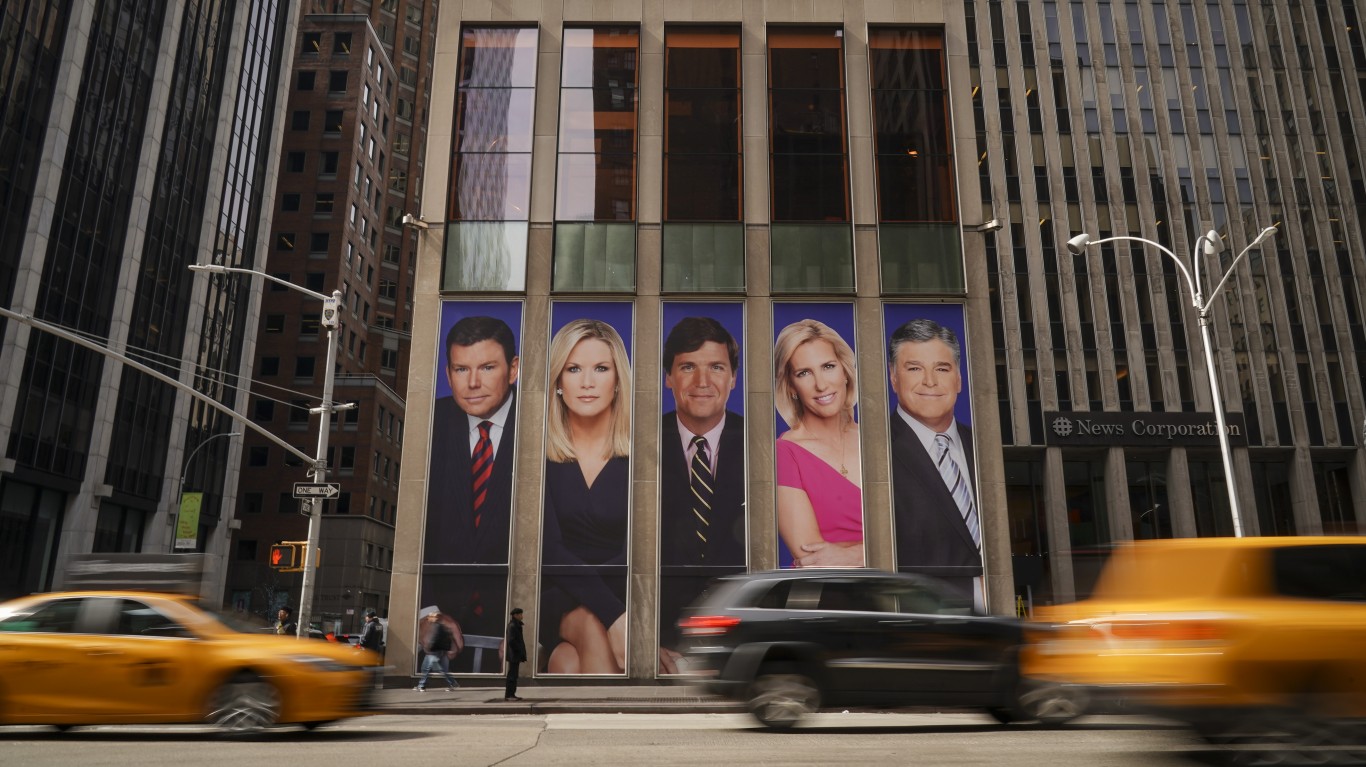
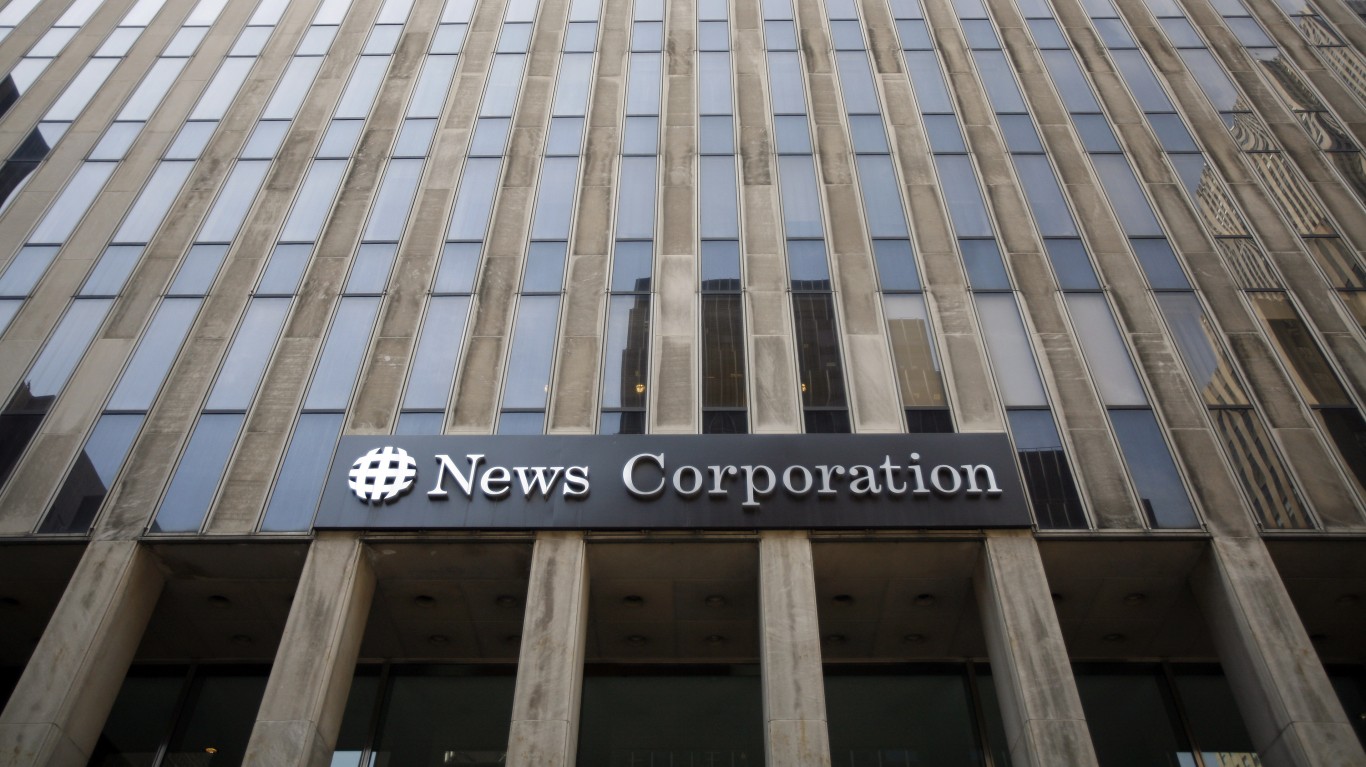
If there is a boogeyman on this list, it might be the one with the most generic name imaginable. News Corp was the largest media company in the world until 2013 when it split, but it continues to be one of the biggest companies in film, print, television, and news. It has faced numerous complaints of using and hiring hackers and violating ethical standards in its businesses.
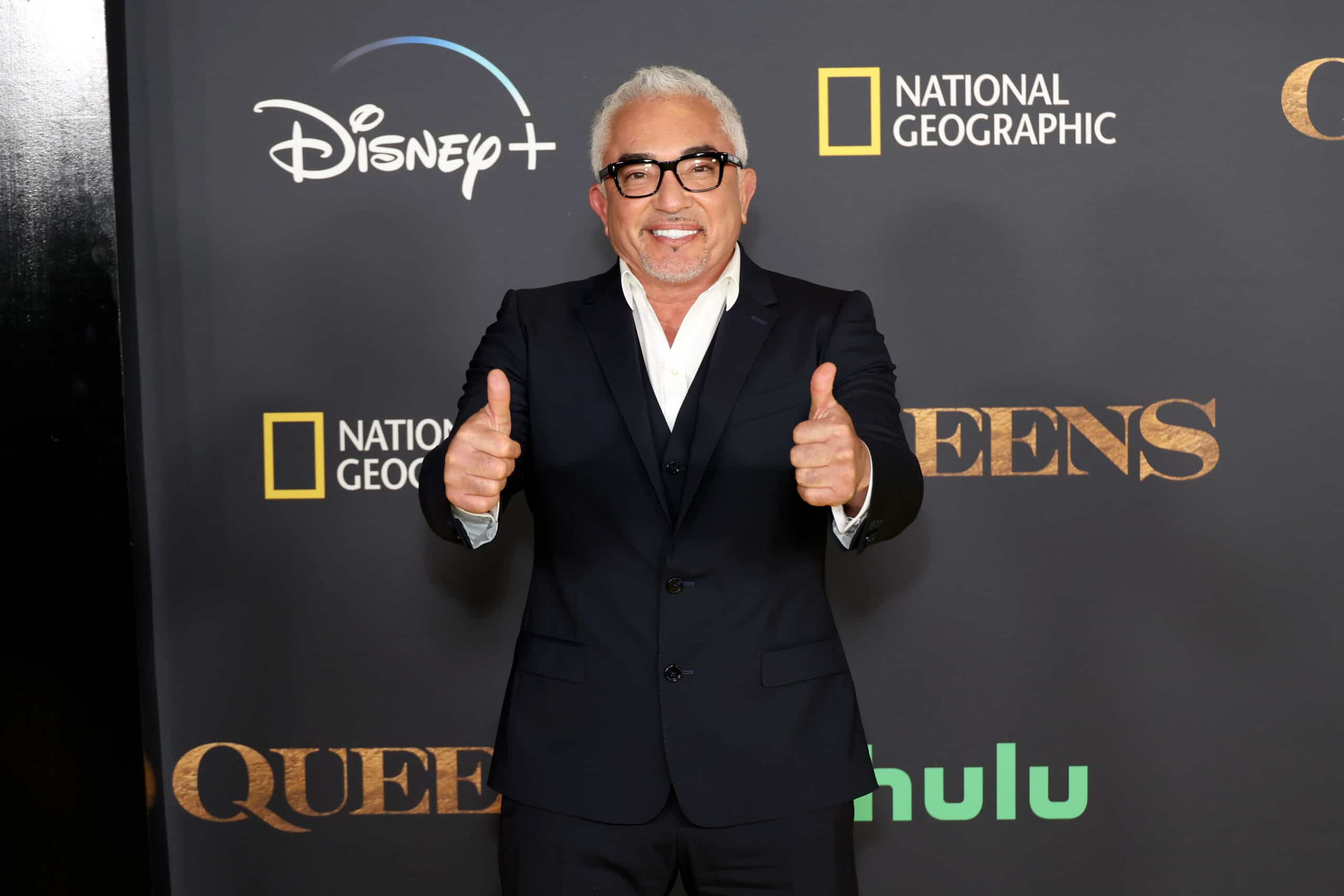
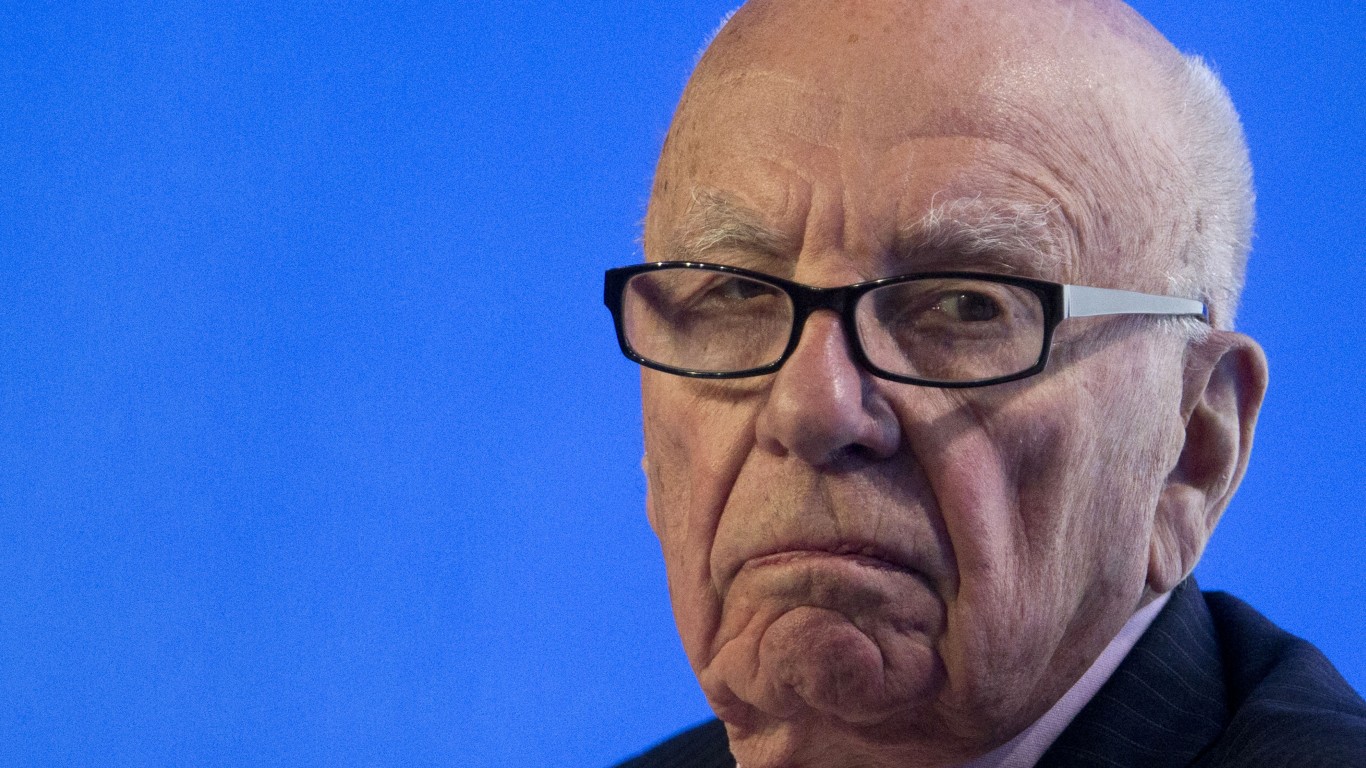
News Corp is owned by the Australian-born billionaire, Rupert Murdoch, who owns hundreds of national, local, and international publishing media companies. Effectively, this one man controls the world view of millions of people around the world.
He has been repeatedly accused of injecting substantial bias into his media companies in order to support his own business interests and help his political friends. Many of the political movements and developments in the United States, United Kingdom, and Australia have been directly attributed to his influence.
Other common brands owned by News Corp includes: New York Post, MarketWatch, Wall Street Journal, Financial News, FX, and many more.
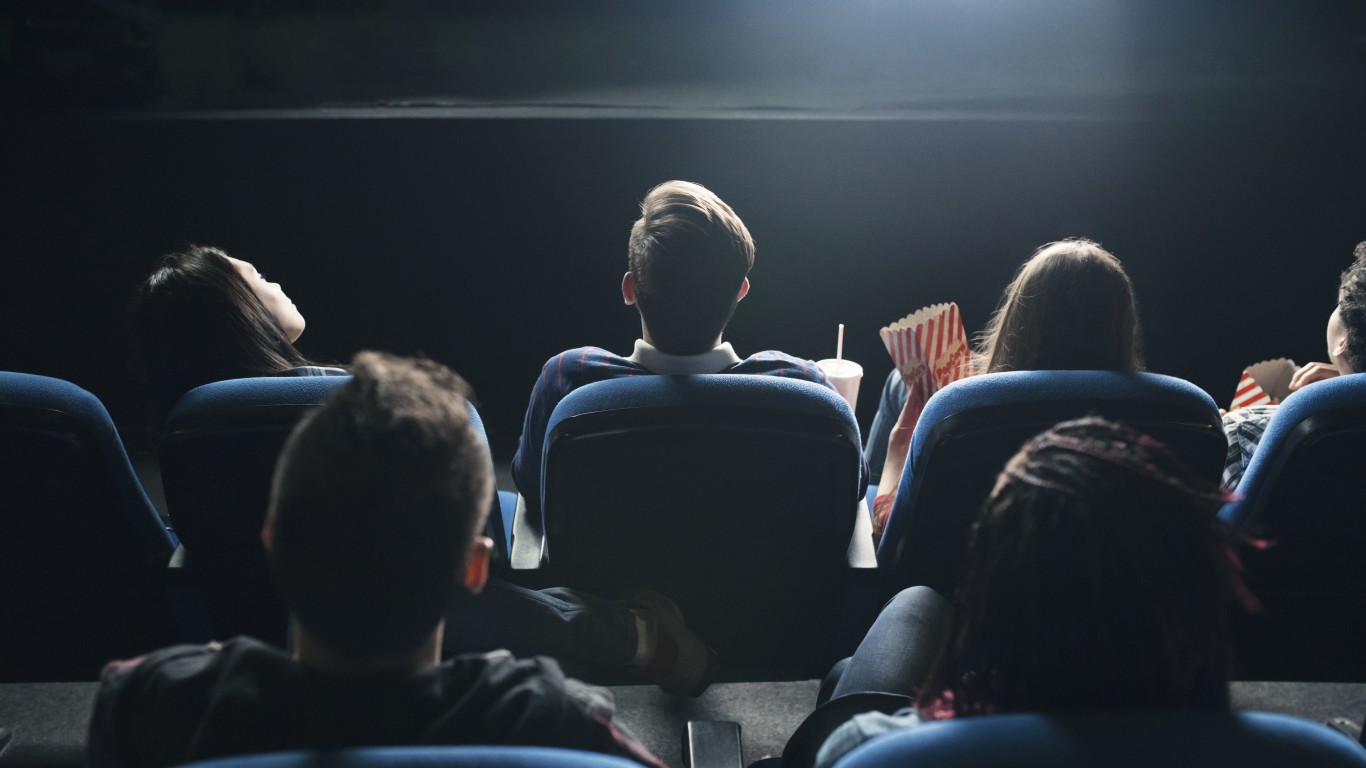
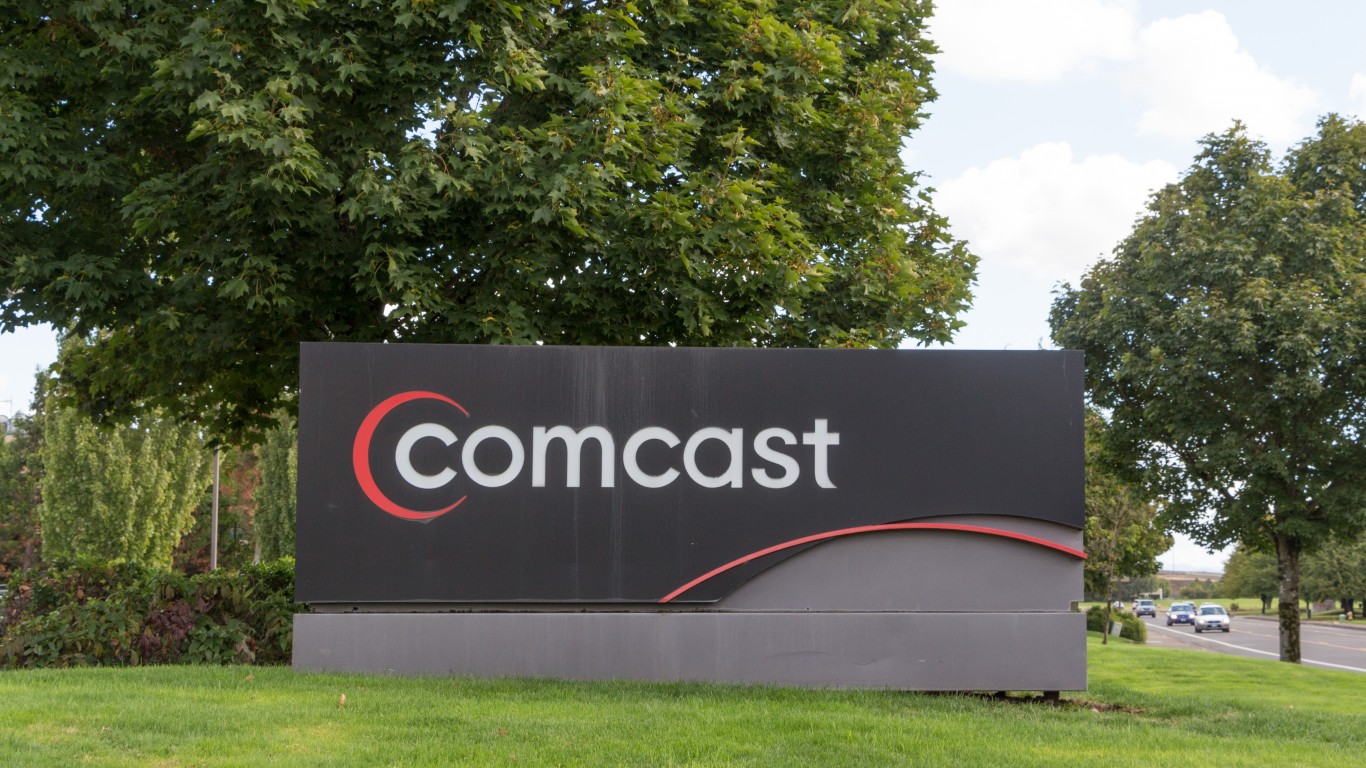
Comcast is the largest internet provider in the United States, the fourth-largest cable and broadcasting company in the world, and the third-biggest pay-TV company.
Comcast continues to face intense complaints and criticism for its business practices, with one of the lowest customer satisfaction ratings in the cable industry. It routinely violated net neutrality regulations and practices and regularly engages in monopolistic behavior. It spends millions on lobbying and has donated to anti-abortion PACs.
It has also become obvious that the conflict of interest between Comcast and the movie ticket site Fandango is not insignificant. It remains to be seen how the media giant is influencing ticket sales and movie reviews on the site to support its own success.
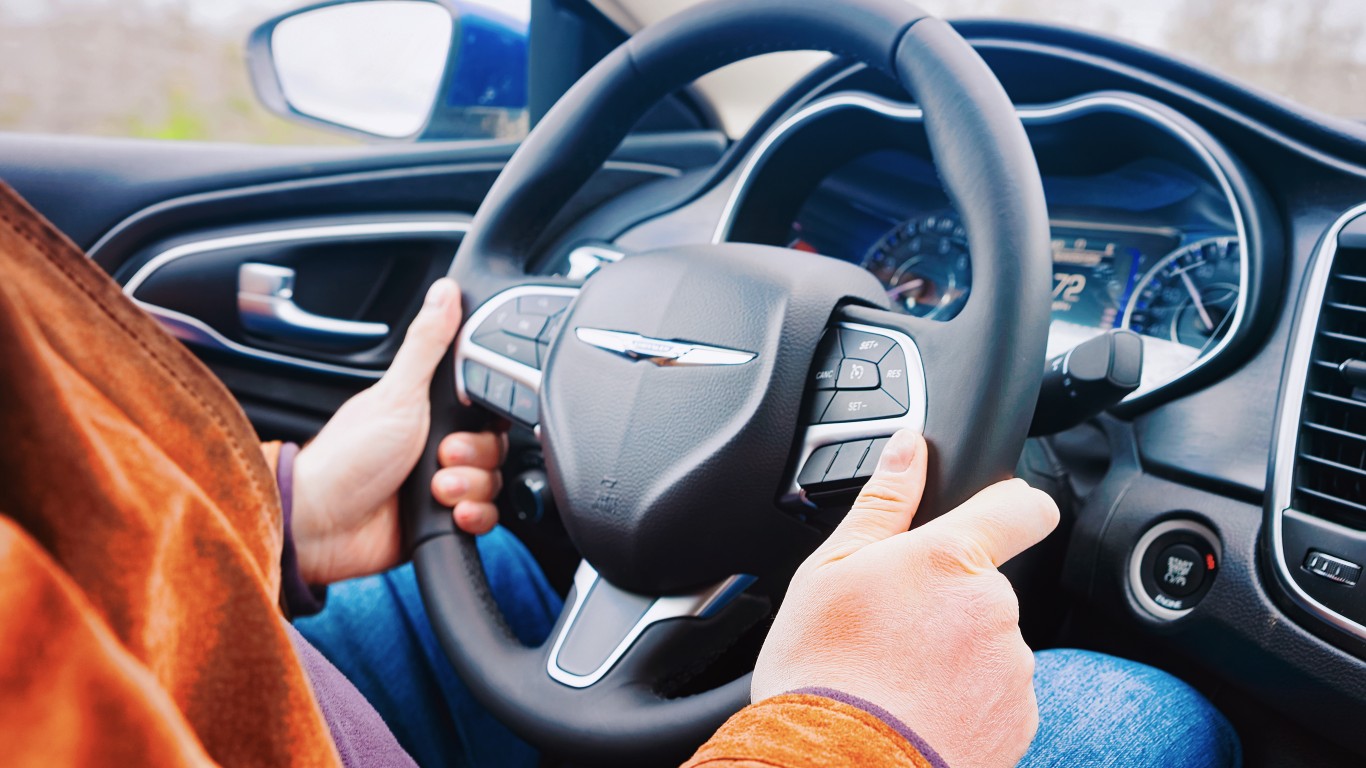
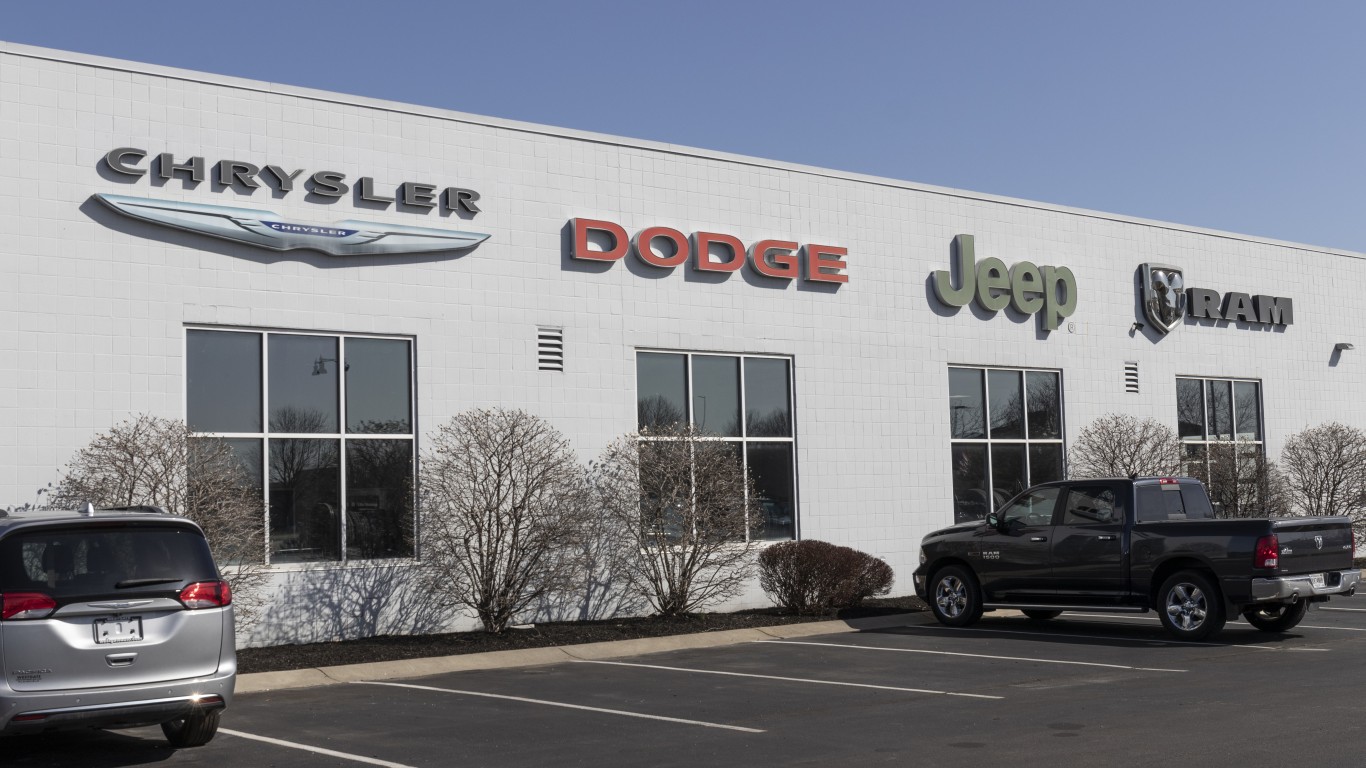
Stellantis is a Dutch car company and is the fourth-biggest car maker in the world. Even though many Americans have never even heard of it, millions of them drive Stellantis vehicles every day. It has recently invested large amounts of money in the Chinese electric vehicle market.
Other brands owned by Stellantis include Alfa Romeo, Chrysler, Citroën, Dodge, Fiat, Maserati, Ram Trucks, and more.
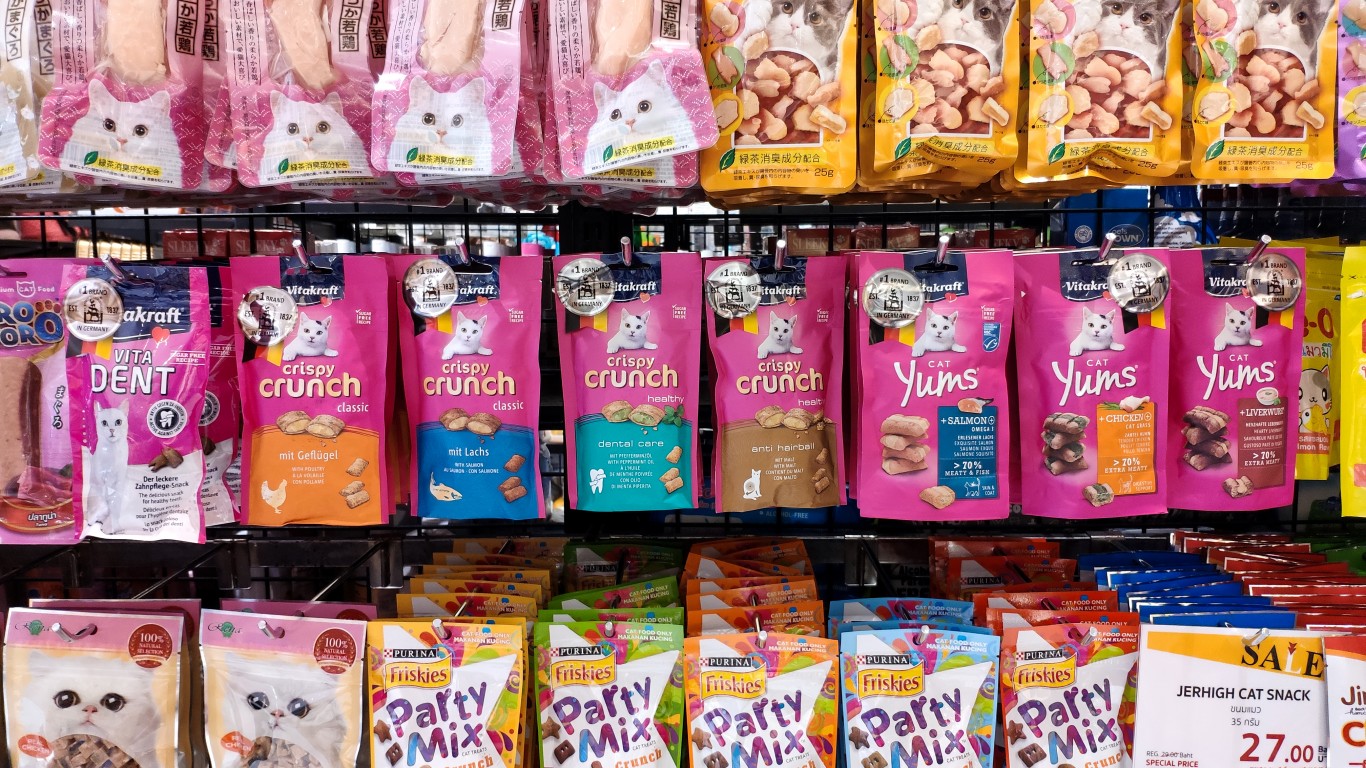
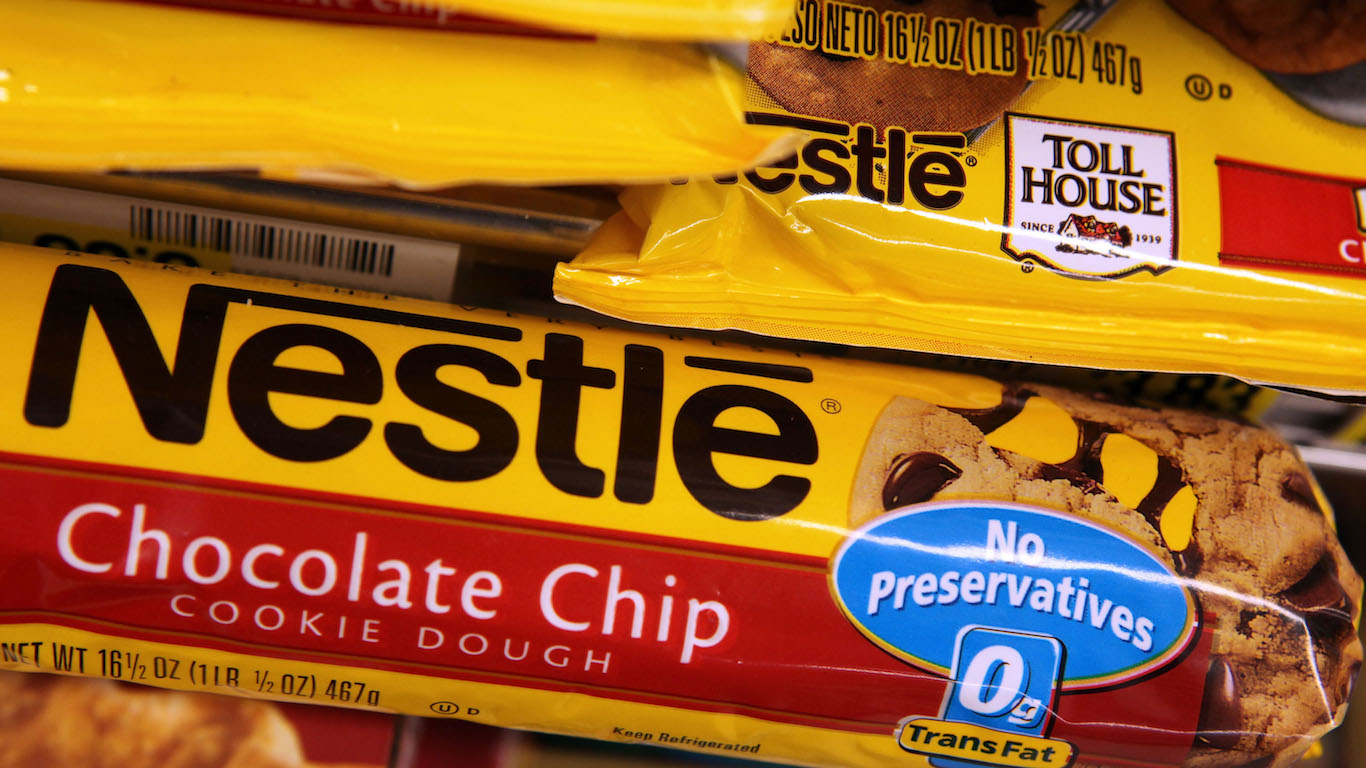
Yes, one of the most famous chocolate companies also makes one of the most well-known pet food brands. Purina has instituted a handful of recalls due to contamination of its pet food and allegations that its marketing is misleading and unhealthy for animals in general.
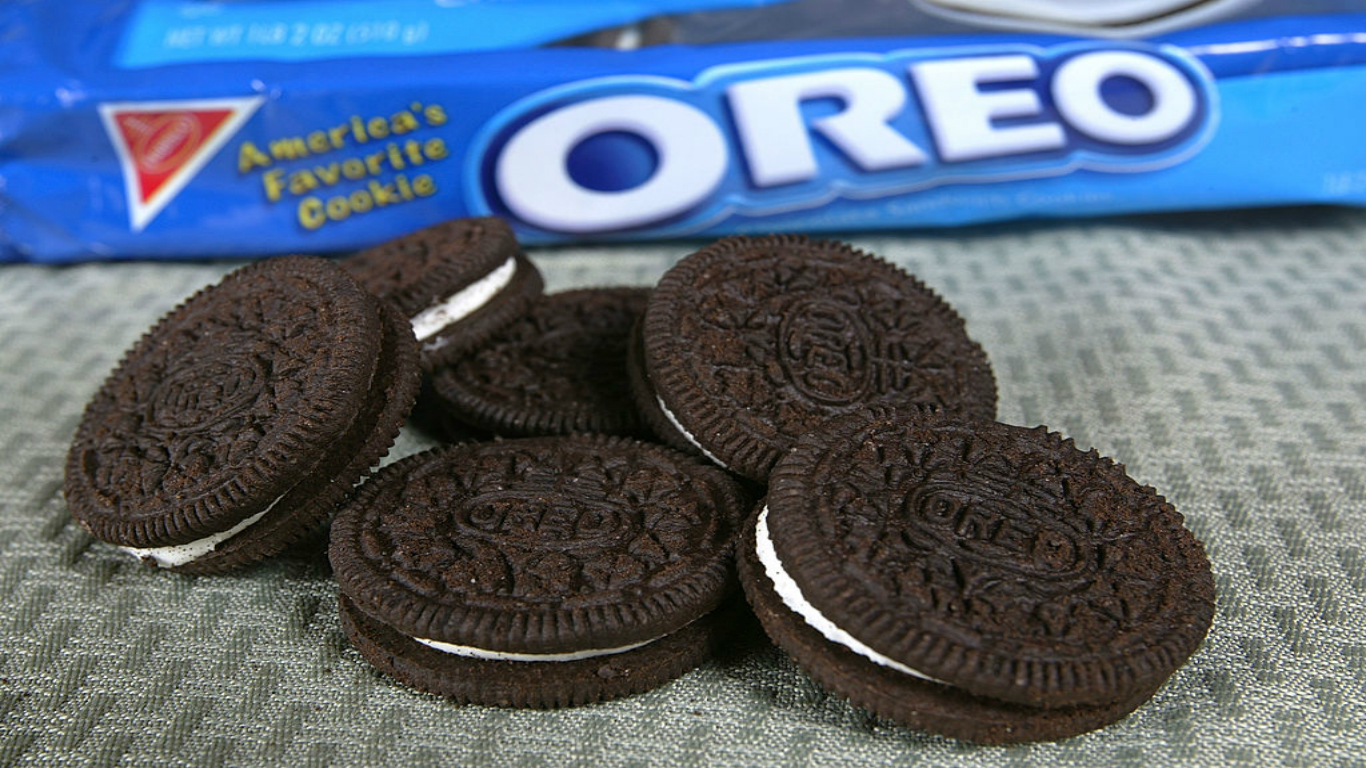
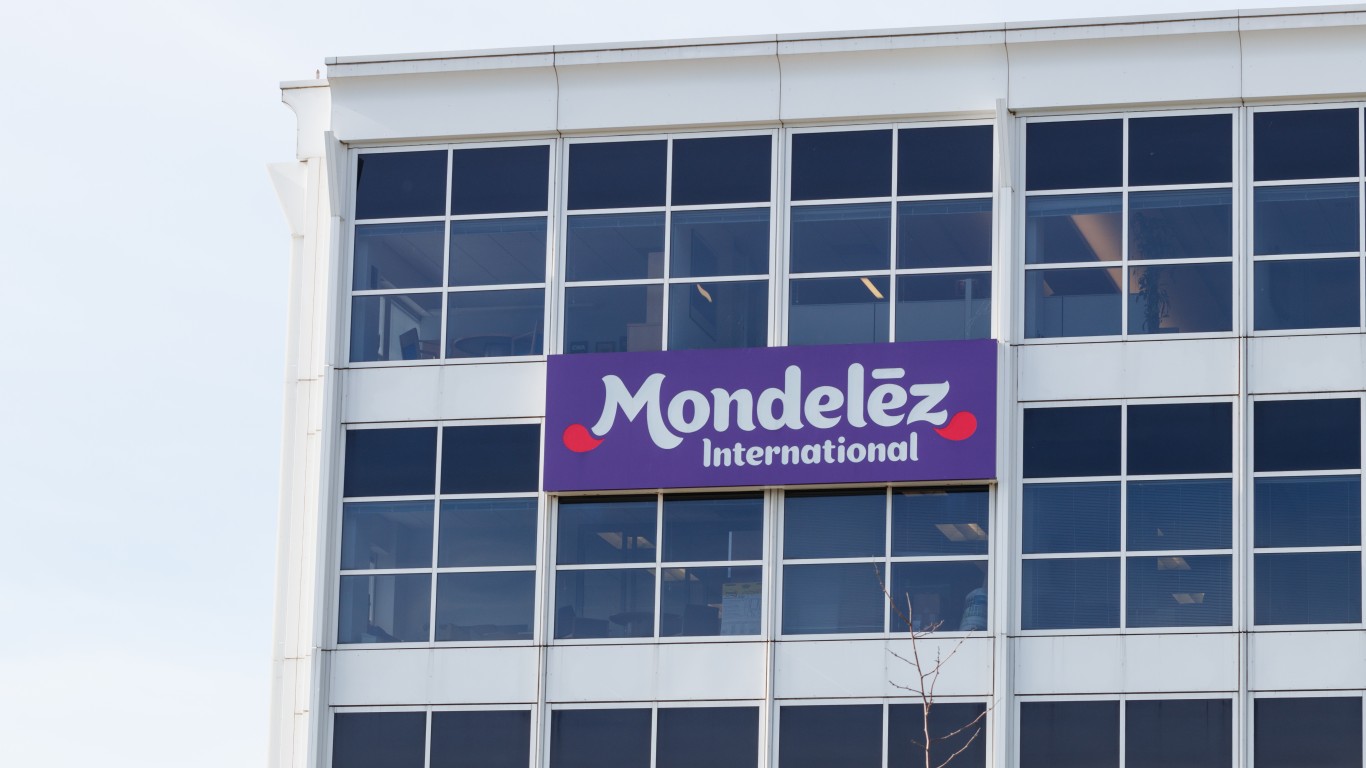
Like other multinational food companies, especially on this list, Mondelez has faced its fair share of criticism and lawsuits over its corporate behavior. This includes growing cocoa illegally in national parks in Ghana and the Ivory Coast, employing child slaves, engaging in anti-competitive and monopolistic behavior, and much more.
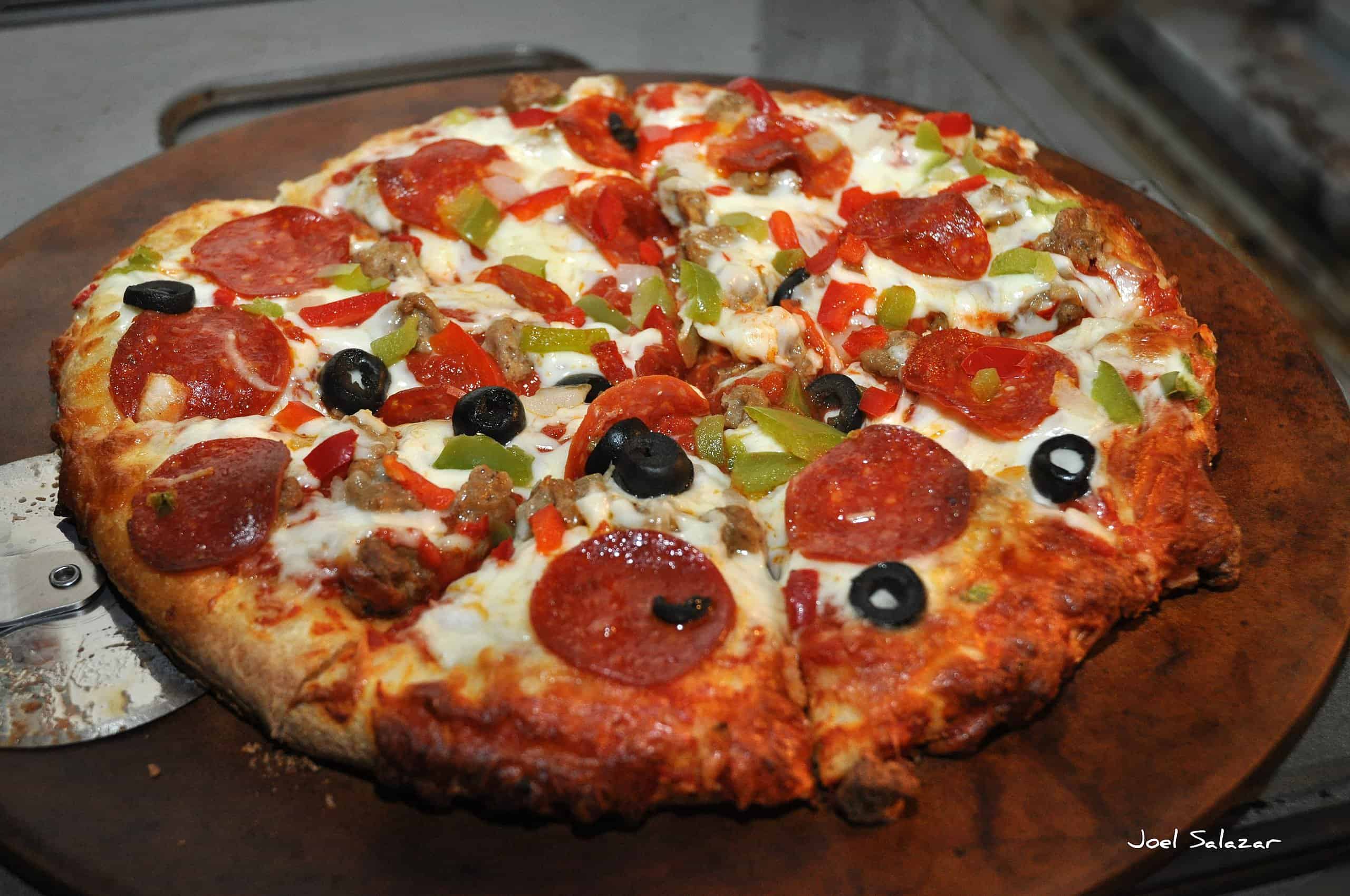
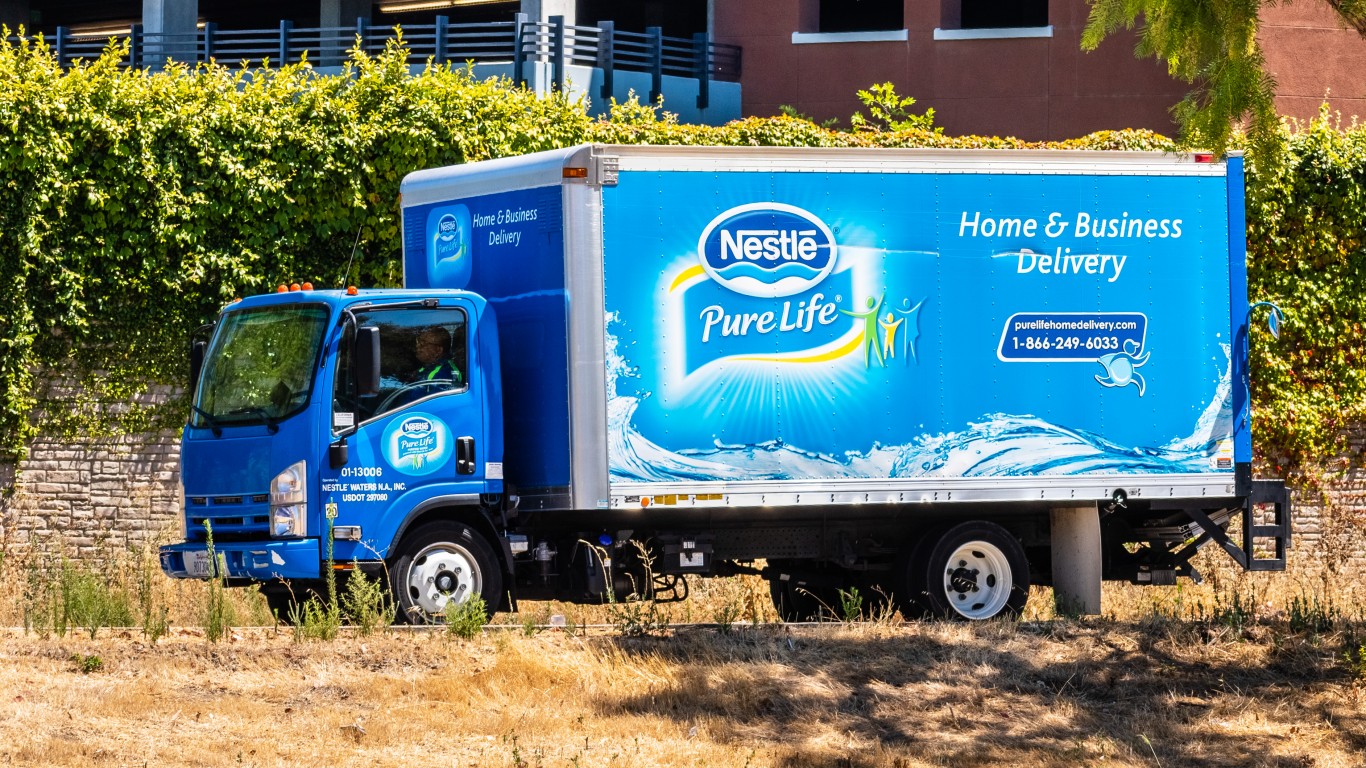
Nestlé is currently involved in controversies and lawsuits related to slavery, child labor, food contamination, preventing locals in poor countries from accessing their own water sources, lying about the impact of recycling, illegally pumping water in Native American communities struggling with drought, union-busting, deforestation, and price fixing.
Among its most laughable initiatives was when Nestlé took out full-page ads in multiple newspapers saying that “Bottled water is the most environmentally responsible consumer product in the world”.
Additional brands owned by Nestle includes: Nespresso, Hot Pockets, Friskies, S.Pellagrino, Perrier, Stouffer’s, and more.
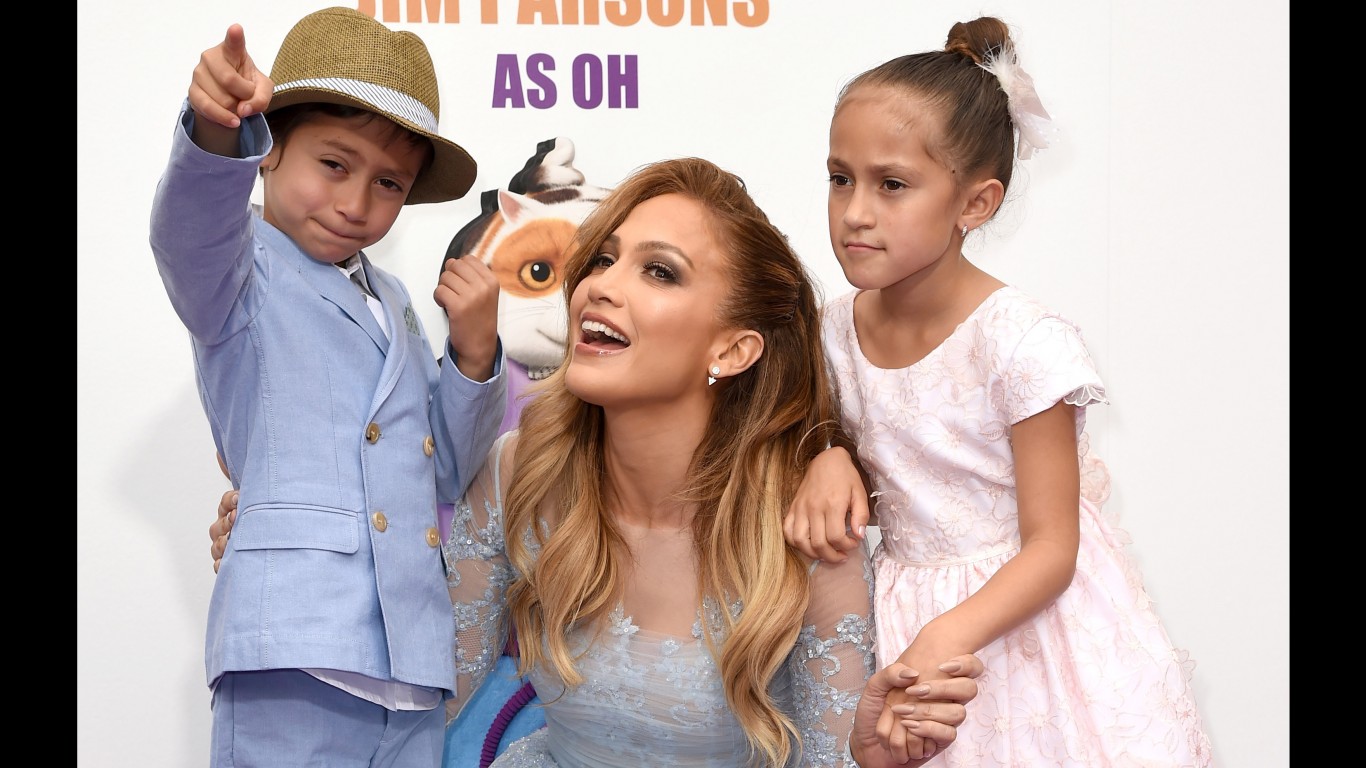
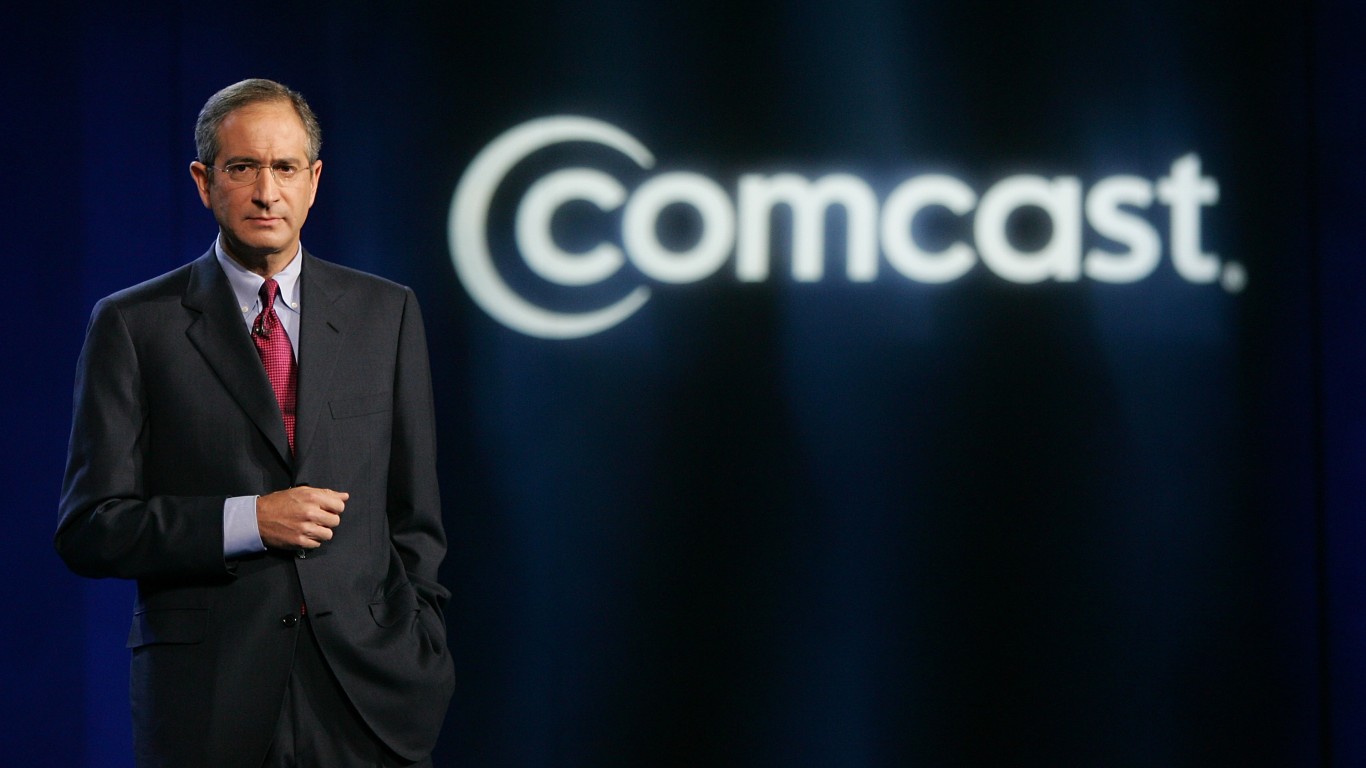
Comcast has come under intense scrutiny after it was found that it was using misleading advertising and internet speed tests to pressure customers into more expensive but worse internet contracts. It was also found that Comcast could use its leverage to influence the connection speeds of other users. As a result, it has been repeatedly awarded the “Worst Company in America” prize by The Consumerist.
More brands owned by Comcast includes: E!, Focus Features, MSNBC, SyFy, The Weather Channel, Illumination Enterntainment, Bravo, USA Network, Xfinity, and more.
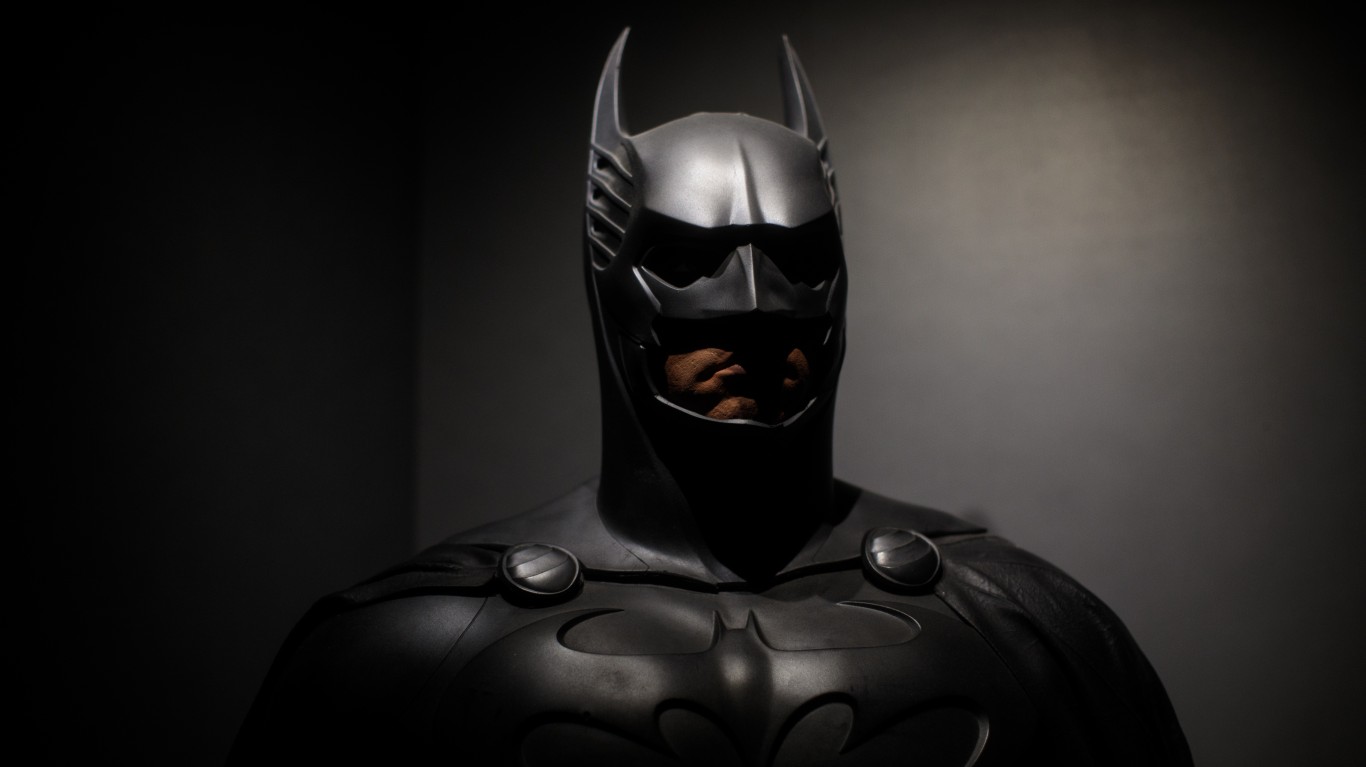
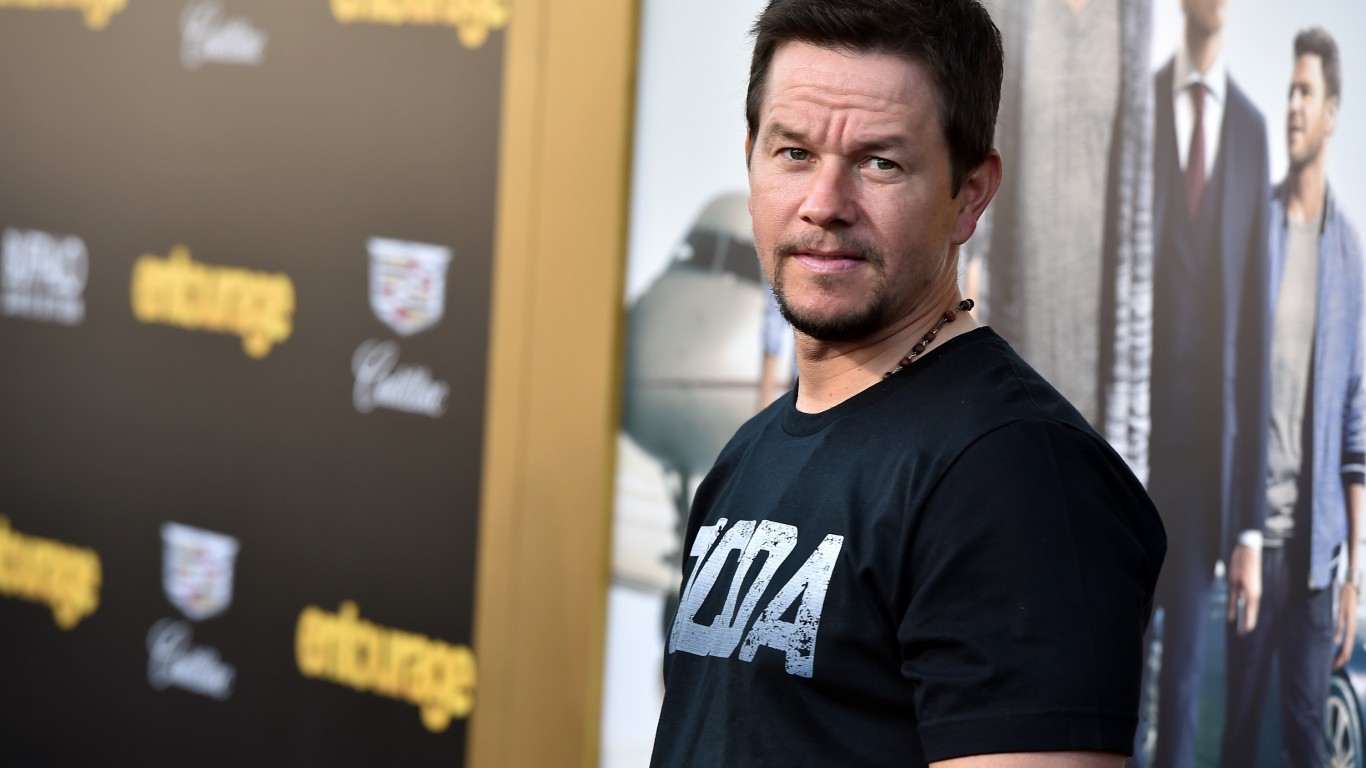
This is as good a place as any to mention that, like other media companies that embraced the streaming and direct-to-consumer business model, Warner Bros. Discovery has lost billions of Dollars. In 2024, it announced that it lost $10 billion in the second quarter of 2024 alone.
Streaming services like Disney+, Max, Paramount+, and other services exploded in popularity after the success of Netflix. But what many of these companies have failed to grasp is that fact that Netflix entered the market as a technology company intent on destroying the market and using that disruption to make money. Streaming is not profitable and is destined to lead to worse content and bankrupt businesses.
Other brands owned by Warner Bros. Discovery includes: Cartoon Network, HBO, Hulu, TCM, WB, TNT, tbs, Time, Life, rocksteady games, and many, many more.
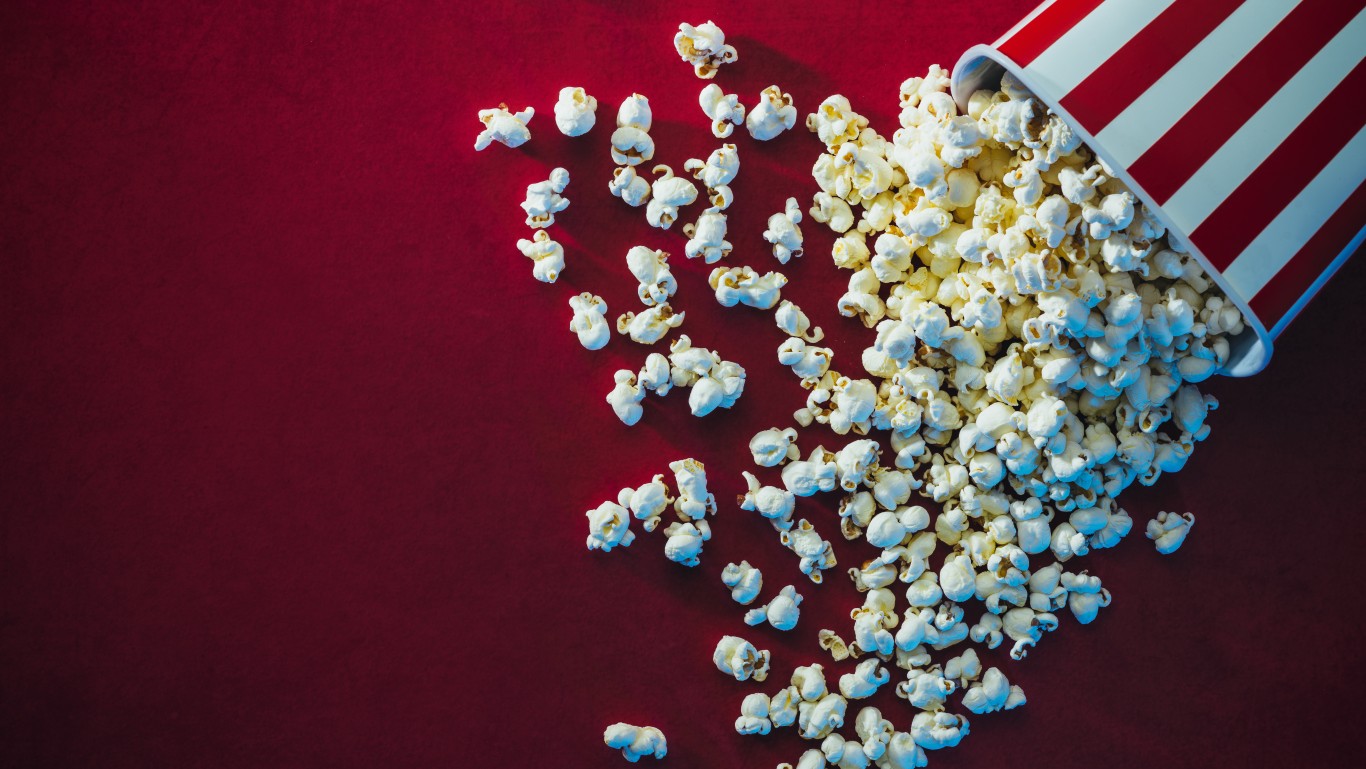
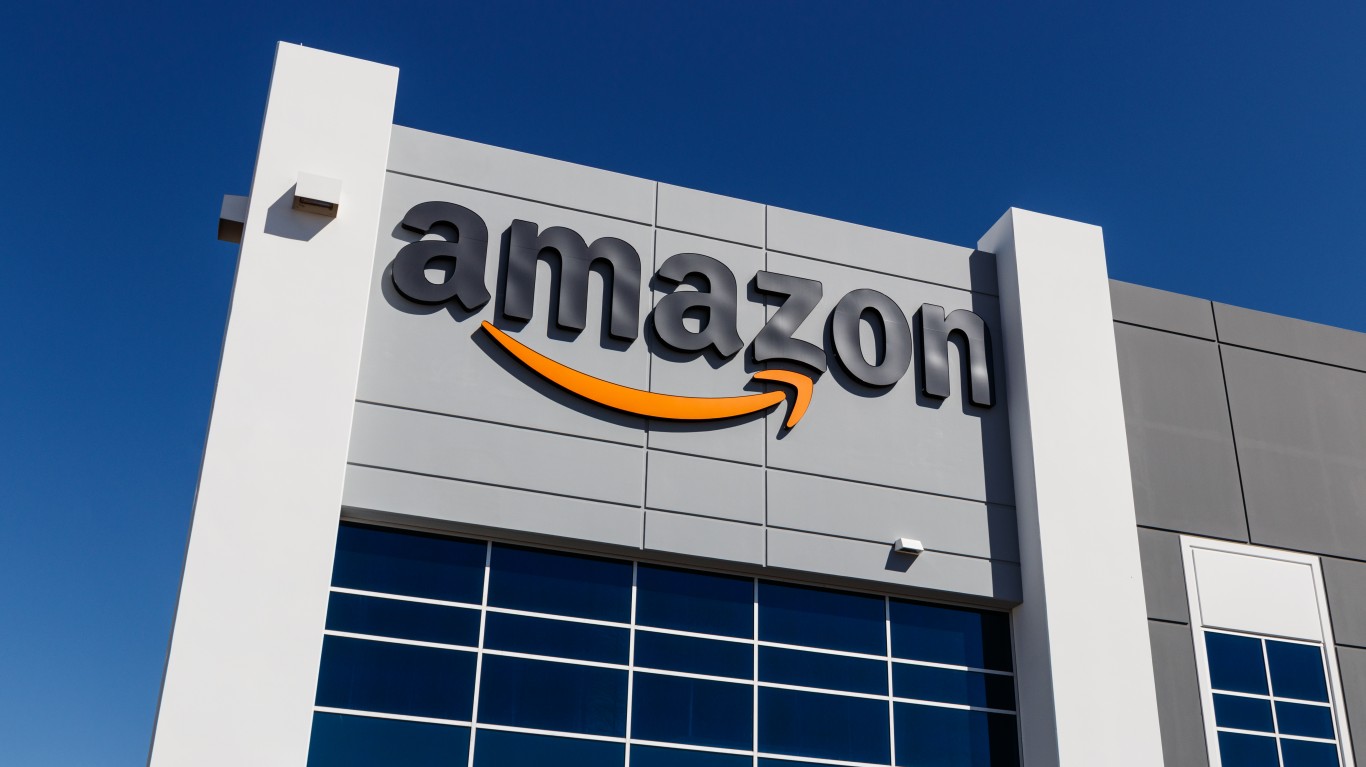
What can possibly be said about Amazon that hasn’t been said already? IMDB is just one of the many brands Amazon has bought in order to influence your life and harvest your data.
It has not gone unnoticed that one of the most popular movie review sites in the world, Fandango, is owned by one of the biggest movie-making corporations, and the inherent bias and pressure to review Amazon movies and shows positively has become obvious.
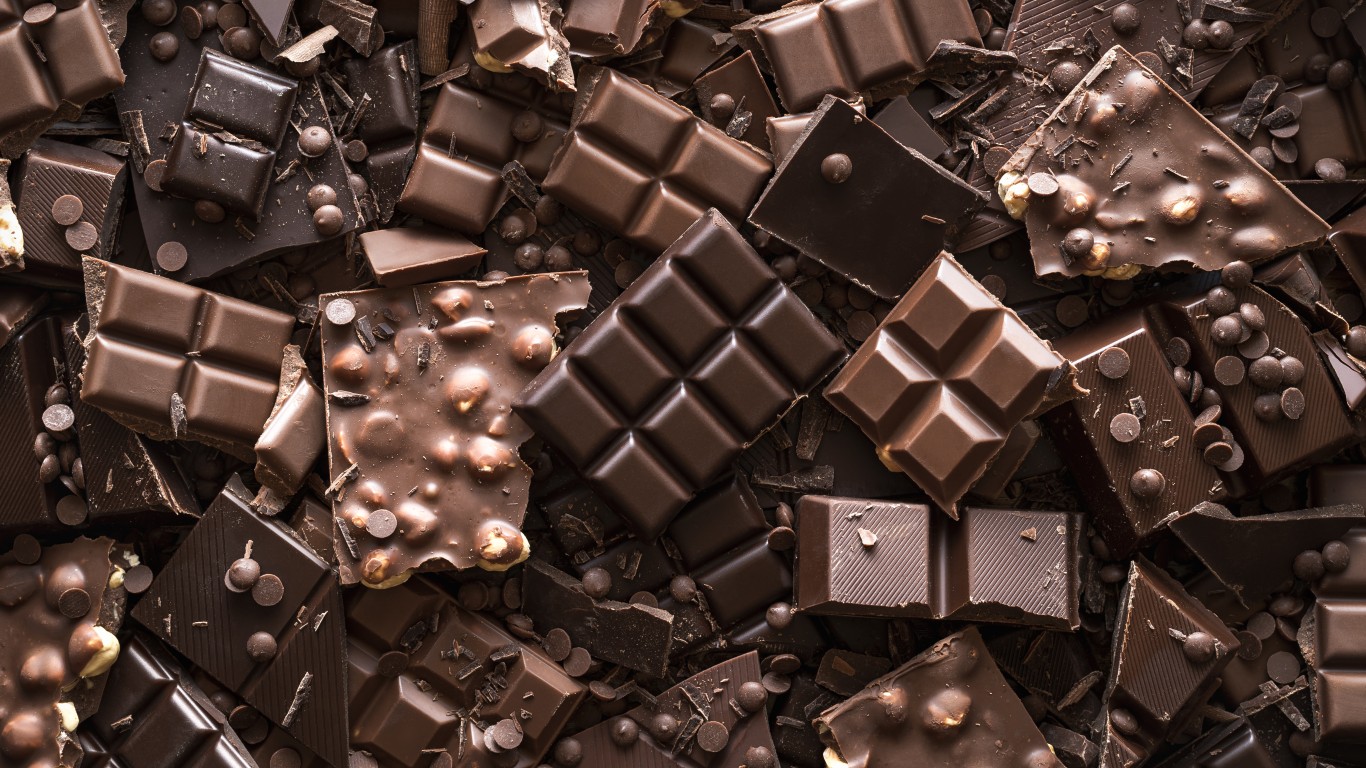
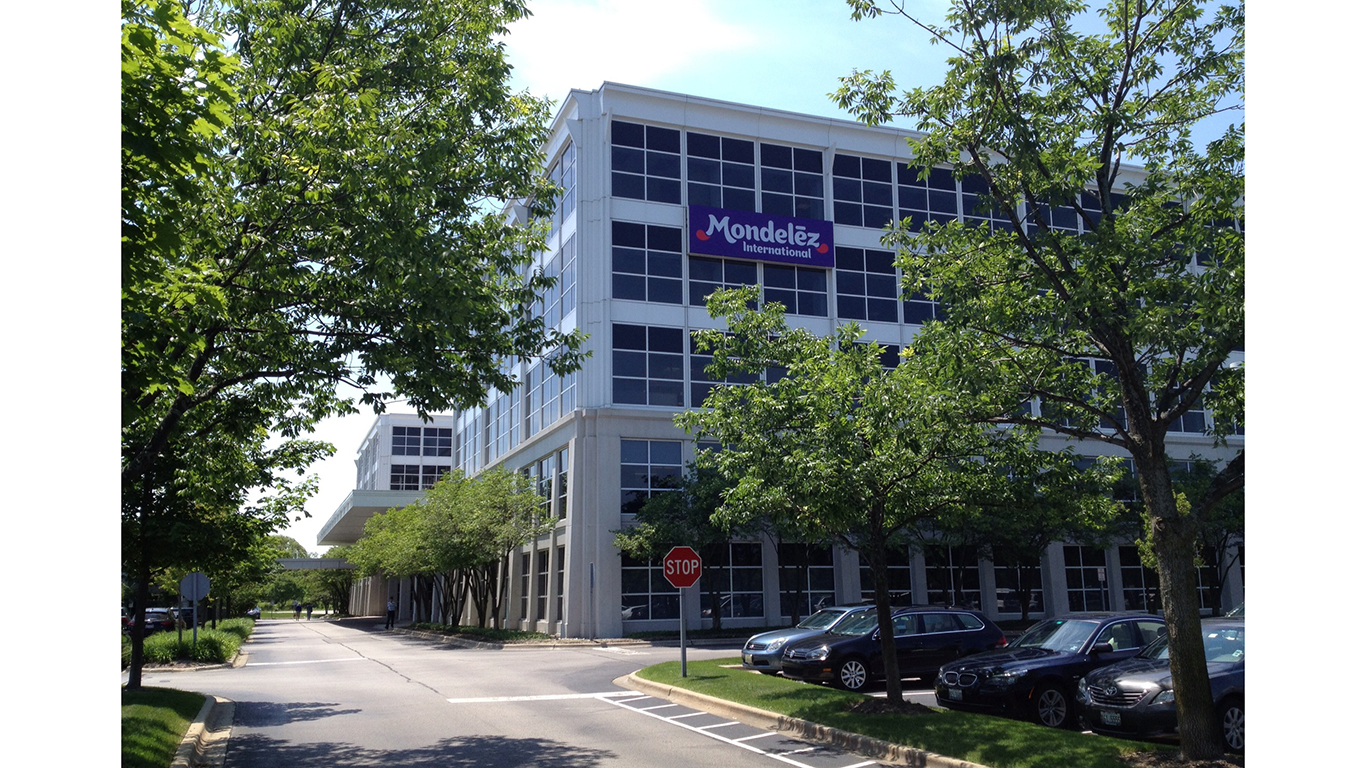
Mondelez was actually formed in 2011 when Kraft Foods split into the Kraft Foods Group and Mondelez. Kraft Foods Group merged with Heinz to create the Kraft Heinz company. Like other companies on this list, Mondelez has grown only through the acquisition of other companies, buying up competitors, and manipulating the market to destroy other food companies. It has also influenced the futures market in order to make millions of dollars.
Other brands owned by Mondelez includes: Nabisco, Ritz, Triscuit, Halls, Sour Patch, Philadelphia (cream cheese), Chips Ahoy!, and many more.
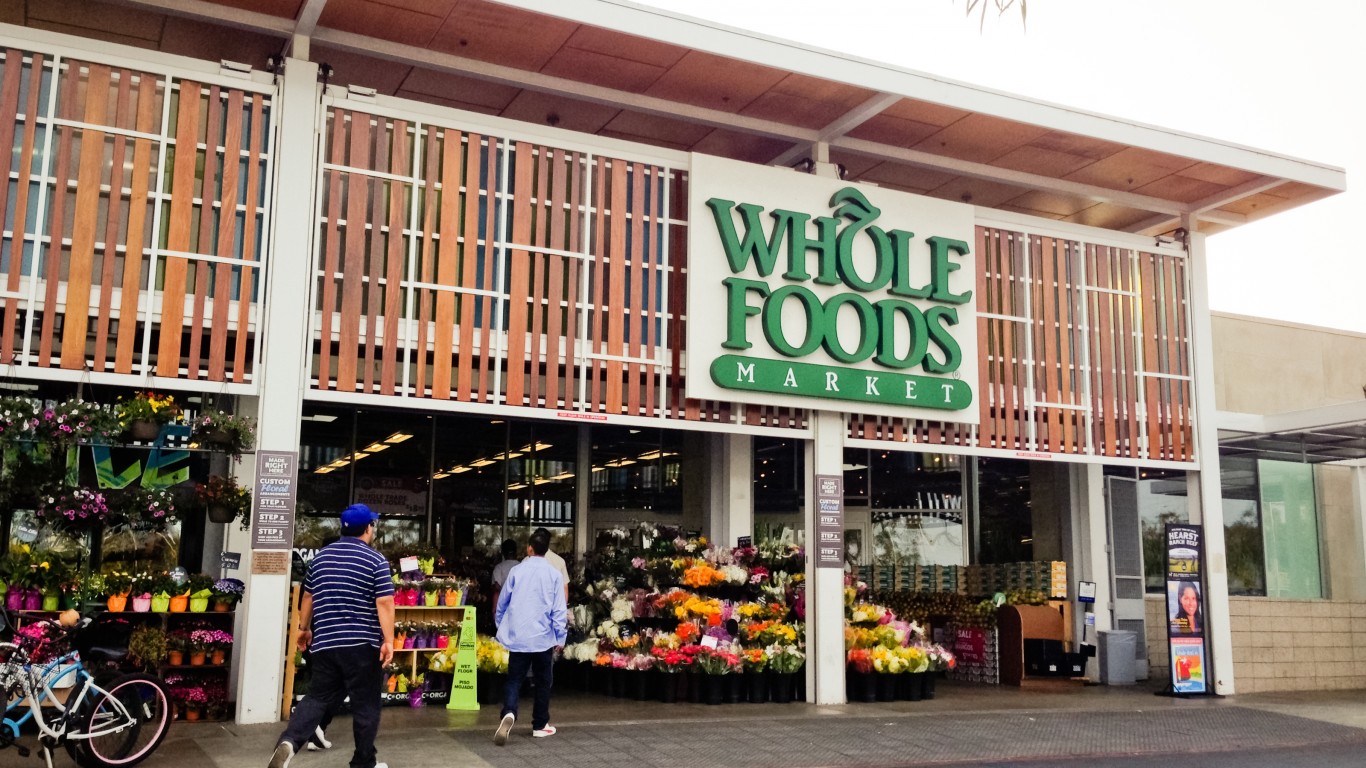
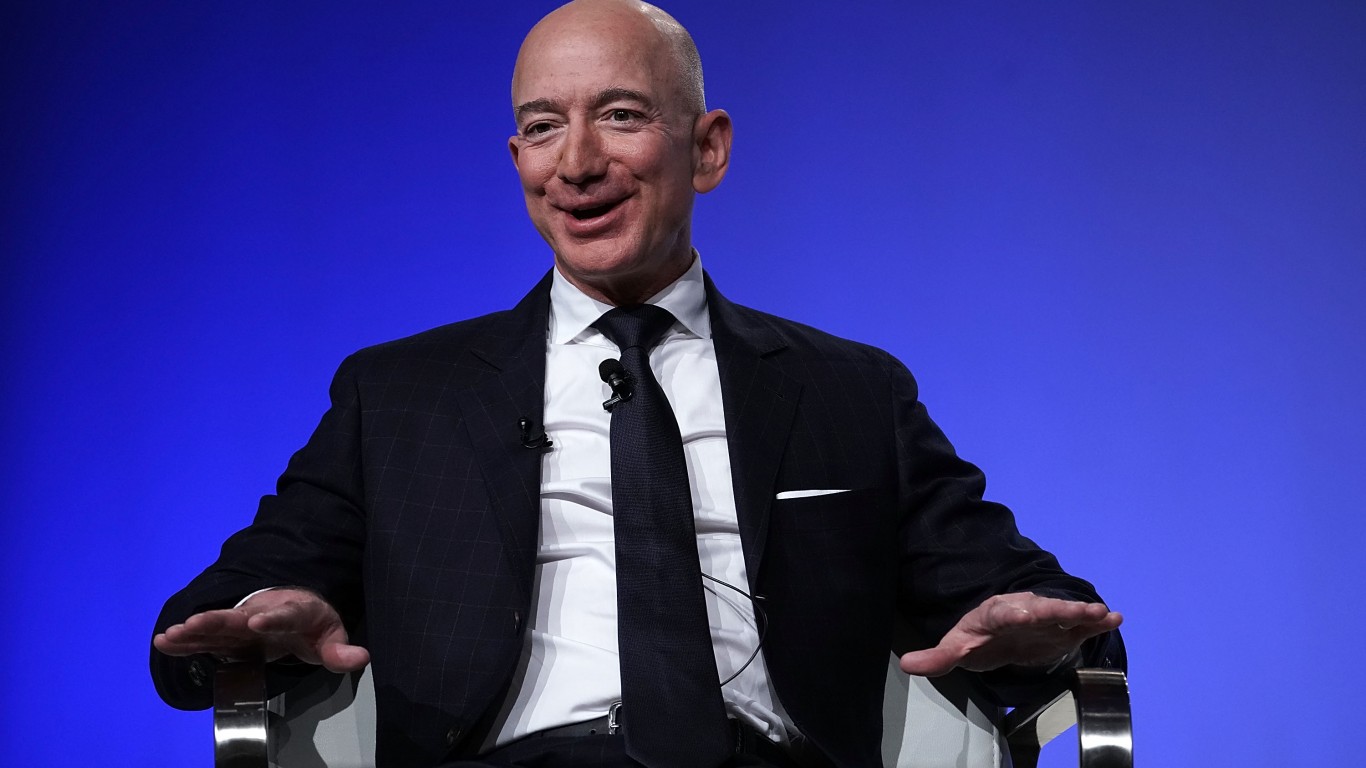
Whole Foods made a reputation for itself as the overpriced grocery destination for health nuts, environmental activists, and other similar demographics. So, what attracted the objectively evil and inhuman monster that is Amazon?
It could be argued that it was a branding initiative, to incorporate more positive name recognition into its list of brands. Or, it could be that Whole Foods is staunch anti-union and has cracked down on union activity with zeal. Or it could be its history of entering low-income areas and destroying the livelihoods of the people that live there.
Additional brands owned by Amazon include Audible, Box Office Mojo, Whole Foods, Metro-Goldwyn-Mayer, Zoox, Ring, Abebooks, Zappos, Goodreads, Double Helix games, Twitch, Shopbop, Quidsi, Woot!, and many more.
Additionally, the founder of Amazon, Jeff Bezos, also owns Blue Origin and The Washington Post.
Retirement planning doesn’t have to feel overwhelming. The key is finding expert guidance—and SmartAsset’s simple quiz makes it easier than ever for you to connect with a vetted financial advisor.
Here’s how it works:
Why wait? Start building the retirement you’ve always dreamed of. Click here to get started today!
Thank you for reading! Have some feedback for us?
Contact the 24/7 Wall St. editorial team.